[ad_1]
Aphids, beetles, cutworms, whiteflies, hornworms—pests are one of the crucial overwhelming components of gardening. There are billions of bugs flying and crawling round in nature, however a few of them appear decided to destroy all of our onerous work. Whereas pests are a pure a part of the ecosystem, there are numerous methods to battle them with out harming your vegetation, soil, pollinators, or household’s well being.
Many people bought into gardening so we might develop our personal natural, flavorful meals. Clearly, spraying chemical pesticides compromises probably the most foundational ethics of natural rising. Furthermore, pesticides are literally very ineffective over the lengthy haul. In the event you’re on the lookout for sustainable, long-term pest administration that doesn’t harm your well being or your pockets, that is the article for you.
Let’s dig into 7 main errors to keep away from when combating pests and what to do as a substitute.
What are the Largest Pest Administration Errors?
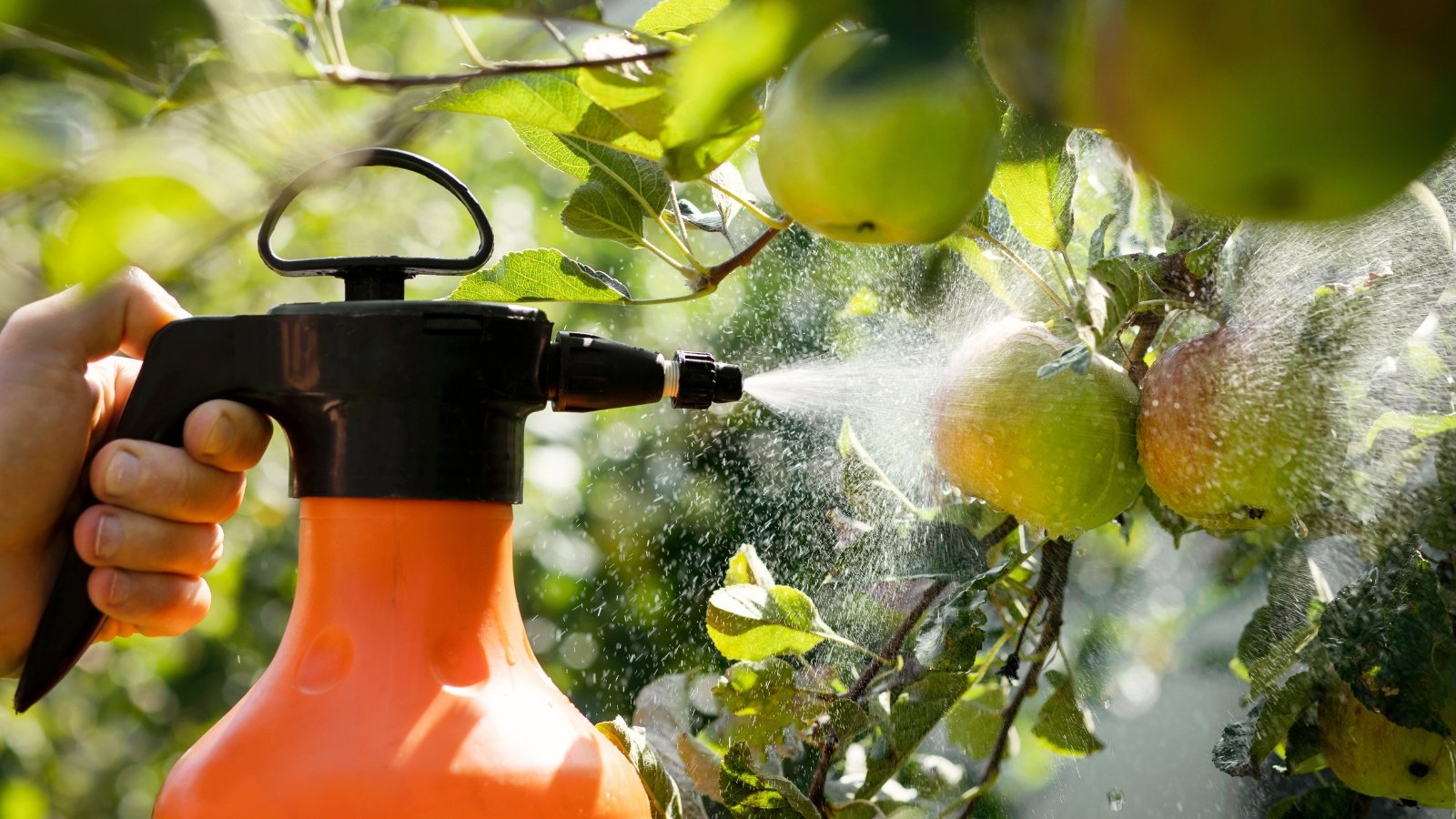

Sustainable pest administration is rooted in prevention. The largest mistake newbie growers make is utilizing a war-like, reactionary strategy to pest management. Gardening just isn’t a struggle on bugs! It’s truly about creating stability to imitate nature, finally yielding increased high quality meals with much less outbreaks.
In the event you wait till your vegetation are infested with bugs, then you definately spray harsh broad-spectrum pesticides, the complete ecology of the backyard is disrupted. These errors hurt pollinators, helpful predatory bugs, and human well being. An industrialized strategy to pest management truly can create a destructive loop of extra pest outbreaks and chemical dependency.
Your panorama just isn’t a sterile, closed-loop system. It’s an ecosystem! Nature has its personal “checks and balances” to manage insect populations. We should put ecological controls and intelligent administration methods in place to maintain pests below management for the lengthy haul.
7 Pest Administration Errors to Keep away from
Some errors, like poor soil or seed germination points, are pretty fast and simple to treatment. In distinction, pest administration errors can hurt your backyard for the complete season or longer.
Pests reproduce quickly. A single aphid can produce as much as 80 infants per week and every feminine is born already pregnant! Infestations can increase virtually in a single day, however broad-spectrum sprays could make issues even worse after they knock out pure predators!
The excellent news is lower than 1% of all bugs are thought of pests. Most bugs you’ll encounter are helpful or neutrally innocent. The problem is to correctly determine, handle, and stability the populations of bugs to forestall hurt to your crops and ornamentals.
Keep away from these errors to create a sustainable pest administration plan!
Mistake: Being Reactive (Moderately Than Proactive)
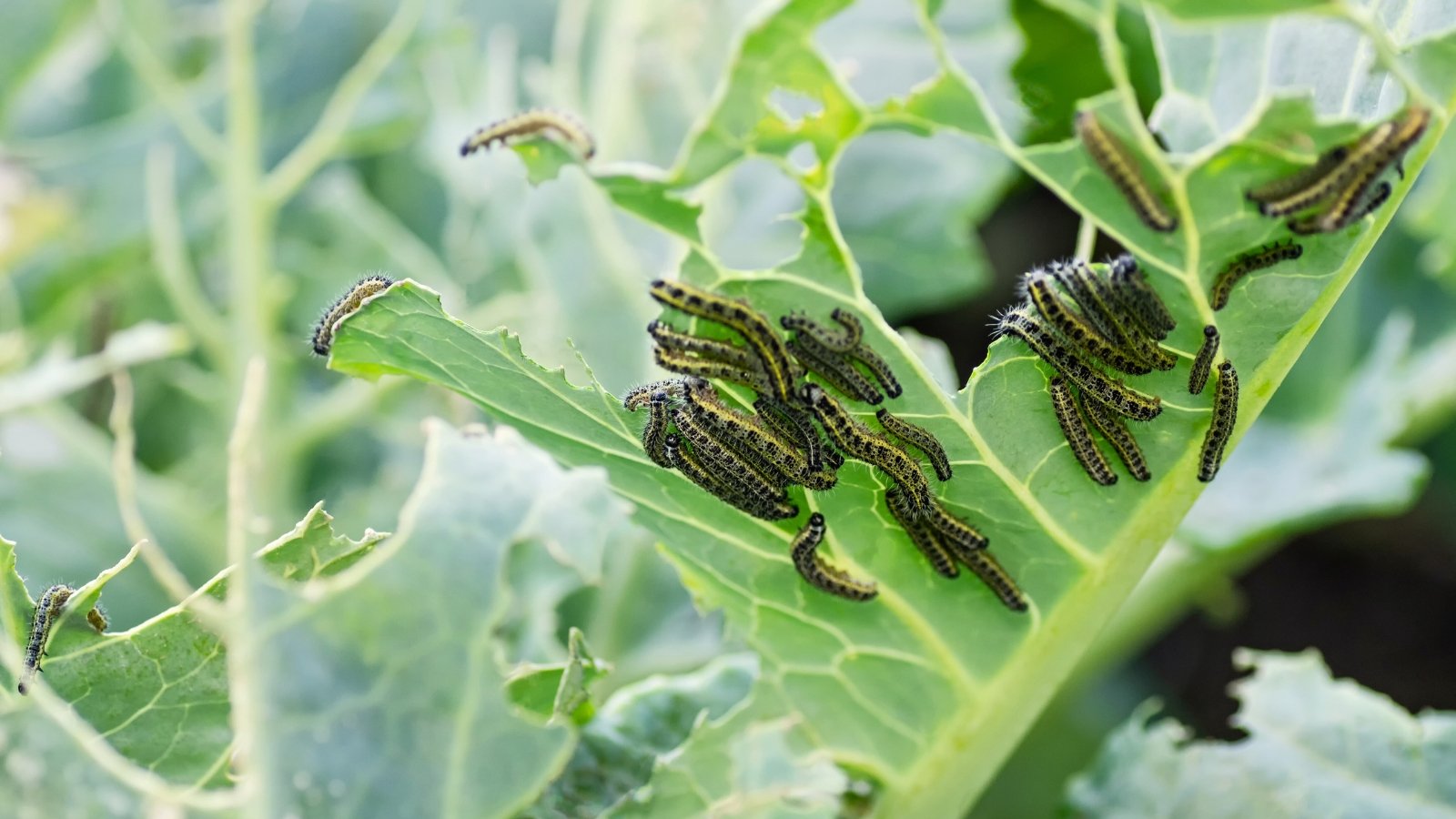

It’s higher to proactively plan than to react. Reactionary pest administration means ready till pest infestations get out of hand, then attempting to manage them with harsh sprays and chemical compounds. This knee-jerk response solely considers short-term outcomes, like killing tomato hornworms, with out bearing in mind the long-term repercussions. Reactive pest management assumes that the backyard is a closed-loop system like a machine manufacturing unit. However nature doesn’t work that method.
In distinction, proactive pest administration entails making a plan to forestall pest issues. Your yard is an intricate ecosystem very like a rainforest. Aggressively attacking an issue within the rainforest might seem to resolve issues within the short-term, but it surely finally does extra hurt than good.
Many gardeners suppose that pests seem out of nowhere. Generally that is the case. However as a rule, we by chance create circumstances for pests to thrive.
For instance, broad-spectrum pesticides kill off all bugs, together with pests and their predators. The pests are faster to return and proliferate as a result of predatory bugs take longer to get well from chemical eradication. That is much like killing off all of the coyotes and mountain lions in an space, leaving the rabbits to run rampant with none predators to maintain them below management.
What To Do As an alternative
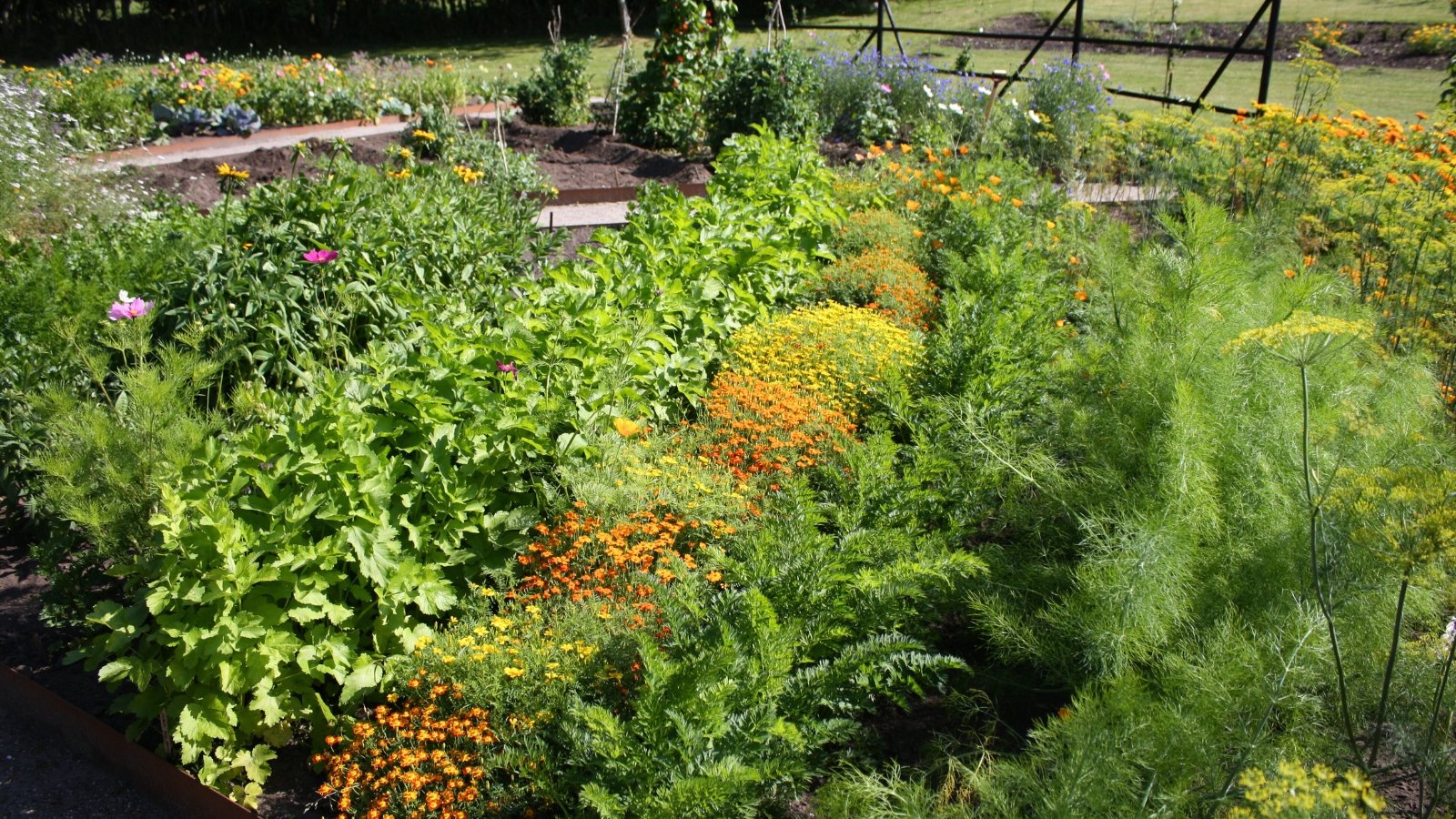

Like most issues in life, pest outbreaks are preventable. Planning and prevention are significantly better than emergency responses! We can’t management the whole lot that occurs, however we now have an abundance of instruments at our disposal to extend the general resilience of the backyard ecosystem.
Collectively, these instruments are known as Built-in Pest Administration. They embrace:
- Common monitoring for pests
- Utilizing pest traps
- Attracting helpful predatory bugs
- Enhancing biocontrol (organic management) strategies
- Planting insectaries
- Diversifying crops
- Creating ecological “checks and balances”
- Putting in bodily obstacles (like row cowl or netting)
Reactive (emergency) administration normally contains only one instrument—SPRAY EVERYTHING! Proactive administration is sort of a entire toolbox of prevention. It’s extra peaceable, non-toxic, ecological, and sustainable. It could possibly additionally enable you to construct up backyard resilience so pest issues develop into much less intense and fewer frequent.
In the end, avoiding the reactionary mistake is all a few mindset shift. As an alternative of considering, How can I destroy these bugs proper now? It helps to suppose, How can I forestall pests from the very starting of the season and construct long-lasting controls into my gardening technique?
Professional Tip: Begin your preventative technique by interplanting flowering vegetation to draw “good man” bugs. A few of our favourite species for pest management embrace:
- White alyssum
- Yarrow
- Flowering dill
- Queen Anne’s lace
- Flowering thyme
- Marigolds
- Mint
- Chrysanthemums
Mistake: Leaving Infested Crops
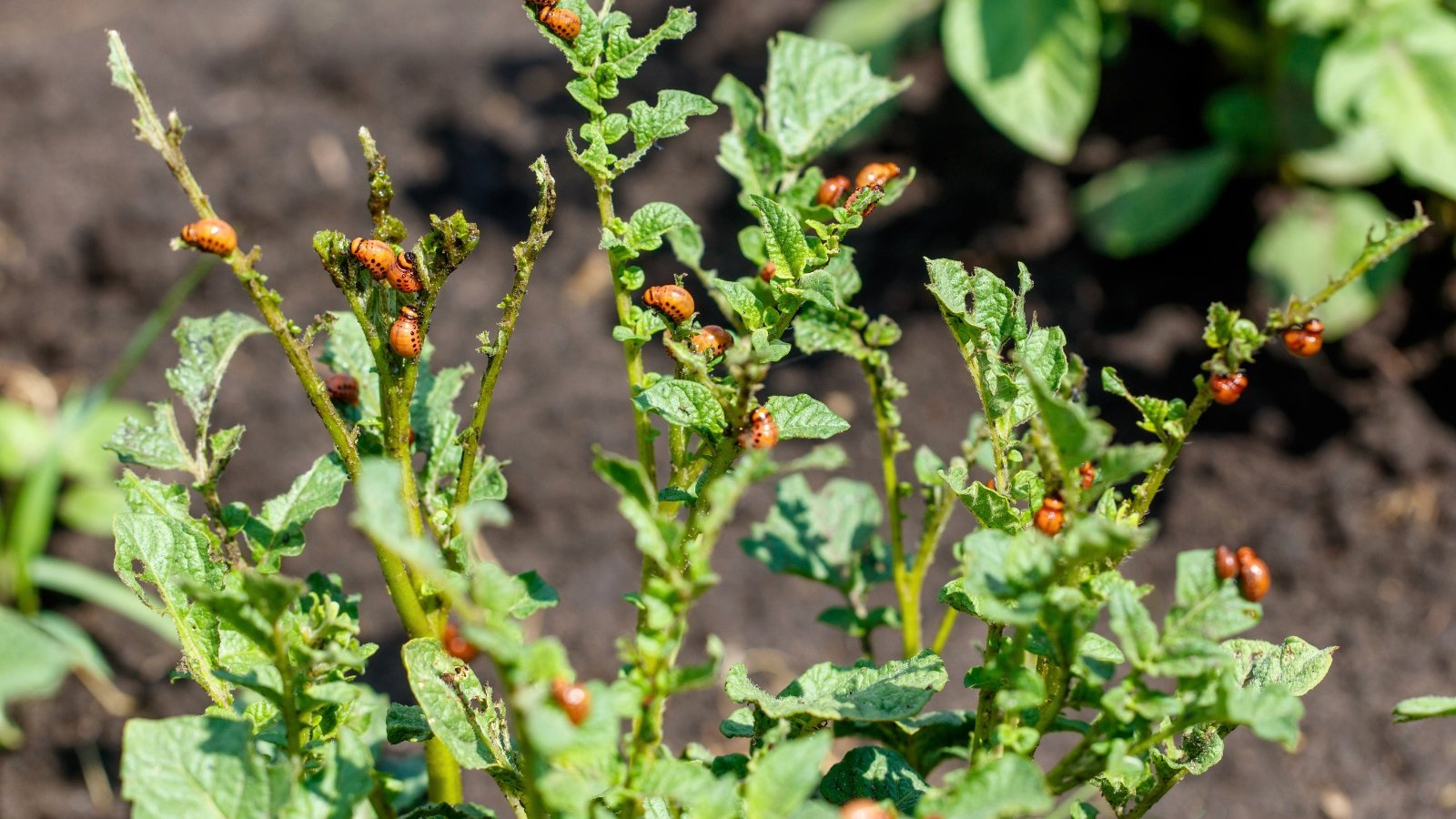

Those that spend probably the most time of their backyard usually have probably the most success. Why? As a result of they’re paying shut consideration to their vegetation! In the event you solely go to your backyard as soon as per week, chances are you’ll not discover when pests are beginning to get uncontrolled. In the event you wait too lengthy, infested vegetation can develop into breeding meccas for bugs to multiply and unfold.
It’s a enormous mistake to depart pest-covered vegetation in your backyard. As soon as a plant is infested to the purpose of no return (ie. you can’t harvest its leaves or fruits), you need to pull it ASAP. Leaving bug-laden crops in your beds for lengthy durations of time solely makes pest management harder.
What To Do As an alternative
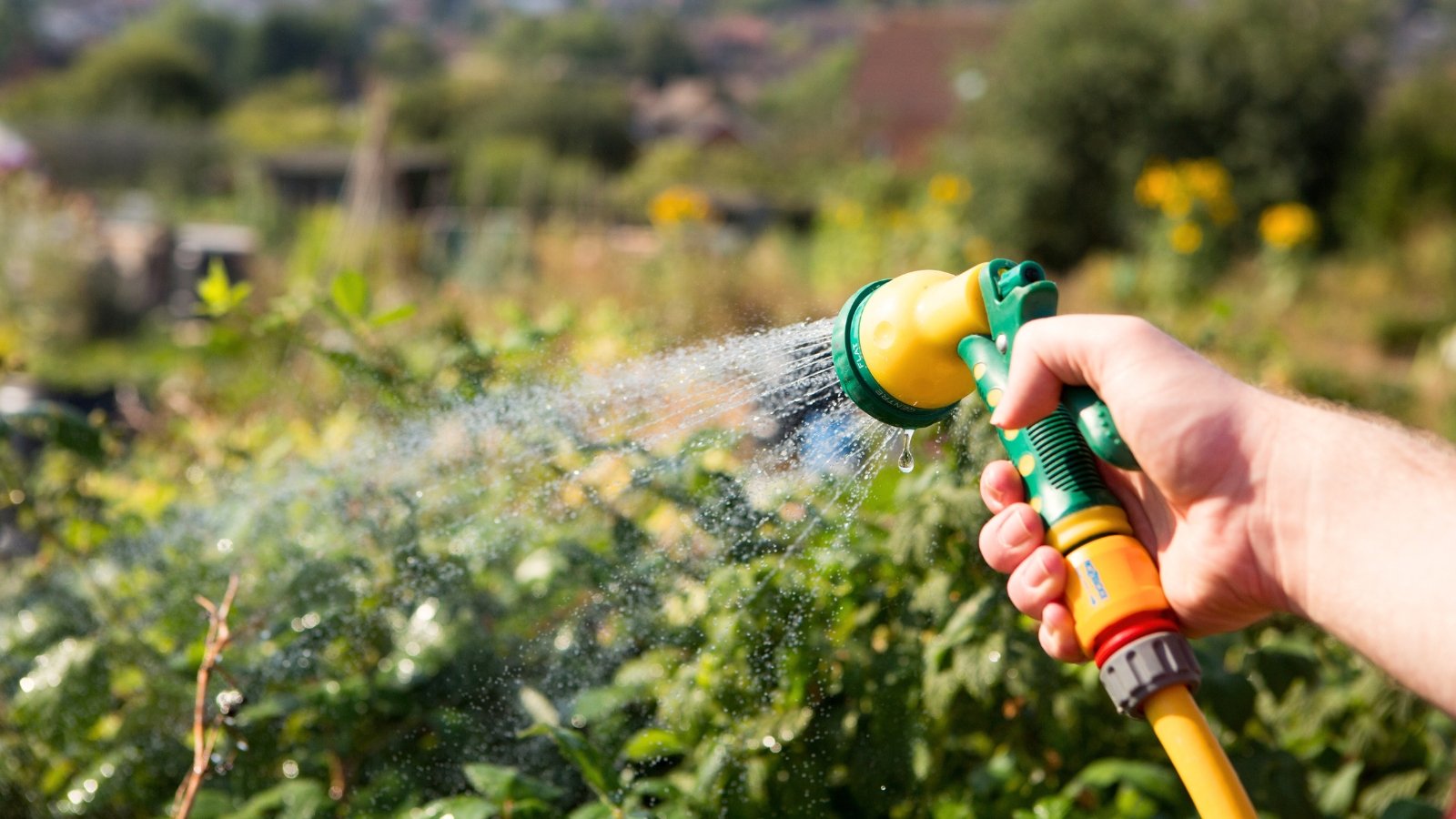

All built-in pest administration (IPM) methods utilized by skilled growers embrace sure thresholds for pest harm. For instance, an natural farmer who grows greens for high-end farmer’s markets most likely has a really low threshold for harm. Prospects are unlikely to buy hole-filled kale or tomatoes with chunks bitten out of them.
In distinction, a house gardener is perhaps keen to tolerate extra harm, relying on the crop. For instance, you don’t want picture-perfect sauce tomatoes when you plan to can them. You may additionally be OK with a couple of holes in your potato or radish leaves. Nonetheless, you most likely don’t wish to eat Brussels sprouts stuffed with aphids or strawberries lined in slug slime.
Setting a psychological threshold for pest harm may also help create sensible expectations. Extra importantly, it lets you understand when it’s time to fold! As soon as a plant turns into too infested to be salvaged, it’s worthwhile to take fast motion to take away it! Minimize down the infested plant and put it within the trash or panorama waste bin to cease the unfold of bugs to the remainder of your crops.
Don’t go away pest-filled vegetation within the panorama. Within the early phases of an infestation, you’ll be able to spray the vegetation with an natural spray or a heavy blast of water to attempt to kill the pests. But when the plant is not salvageable, take away it ASAP!
Mistake: Spraying Broad-Spectrum Pesticides


Broad-spectrum pesticides are designed to kill the whole lot. The label “broad-spectrum” actually means “efficient in opposition to a big number of organisms.” These merchandise are extremely dangerous. Opposite to standard perception, broad-spectrum pesticides truly create extra pest issues! You positively must keep away from this error if you wish to cease combating so many pests.
Each pest in your backyard has pure predators. Insect pests are normally on the backside of the meals chain—they eat our vegetation, and one thing else eats them. Predators like ladybugs, hoverflies, lacewings, spiders, and parasitic wasps are completely important for sustainable pest management. Sadly, each time you spray a broad-spectrum insecticide, you might be additionally killing your predator allies!
Insect Resistance
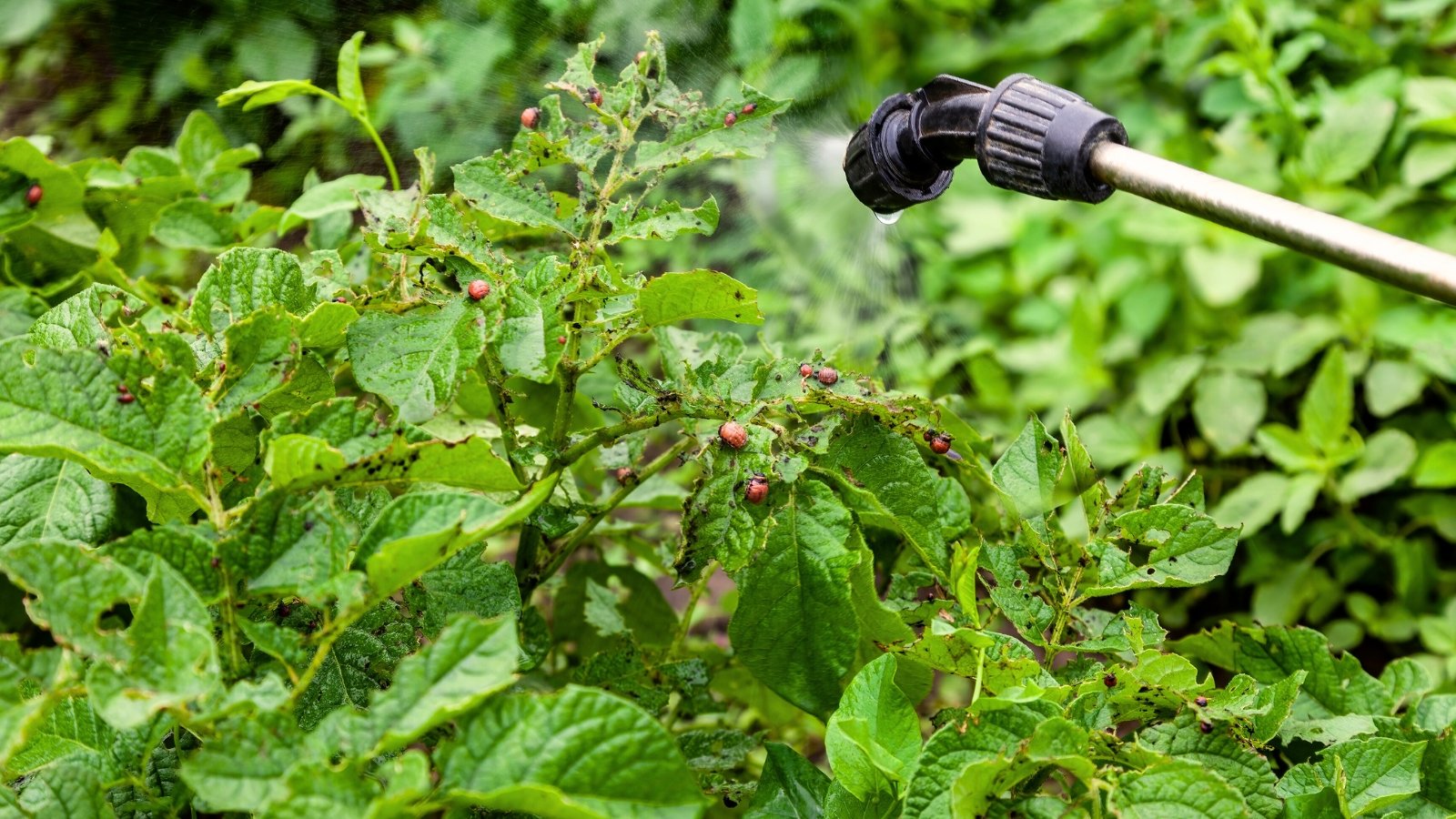

As soon as the predators are gone, the pests come again with much more vengeance. Like rabbits in suburbia, there aren’t any predators left to eat them! In the event you spray once more, chances are you’ll briefly knock again the pest inhabitants as soon as extra, solely to seek out that it turns into stronger.
Common pesticide functions truly create stronger pests. This phenomenon known as “insect resistance.” As a result of pests reproduce so quickly, they will rapidly develop into proof against sure chemical compounds. There are pesticide-resistant mosquitoes, aphids, potato beetles, moths, and even home flies.
Repeated functions of chemical compounds set off the pests to keep away from the toxin or evolve mechanisms to metabolize the chemical, finally making the pesticide ineffective. In different phrases, you’ll be able to maintain spraying, however they develop into immune. Insecticide resistance is a serious world agricultural concern that results in the usage of more and more harsh chemical compounds. You possibly can keep away from it altogether by merely ditching artificial pesticides.
Different Main Errors
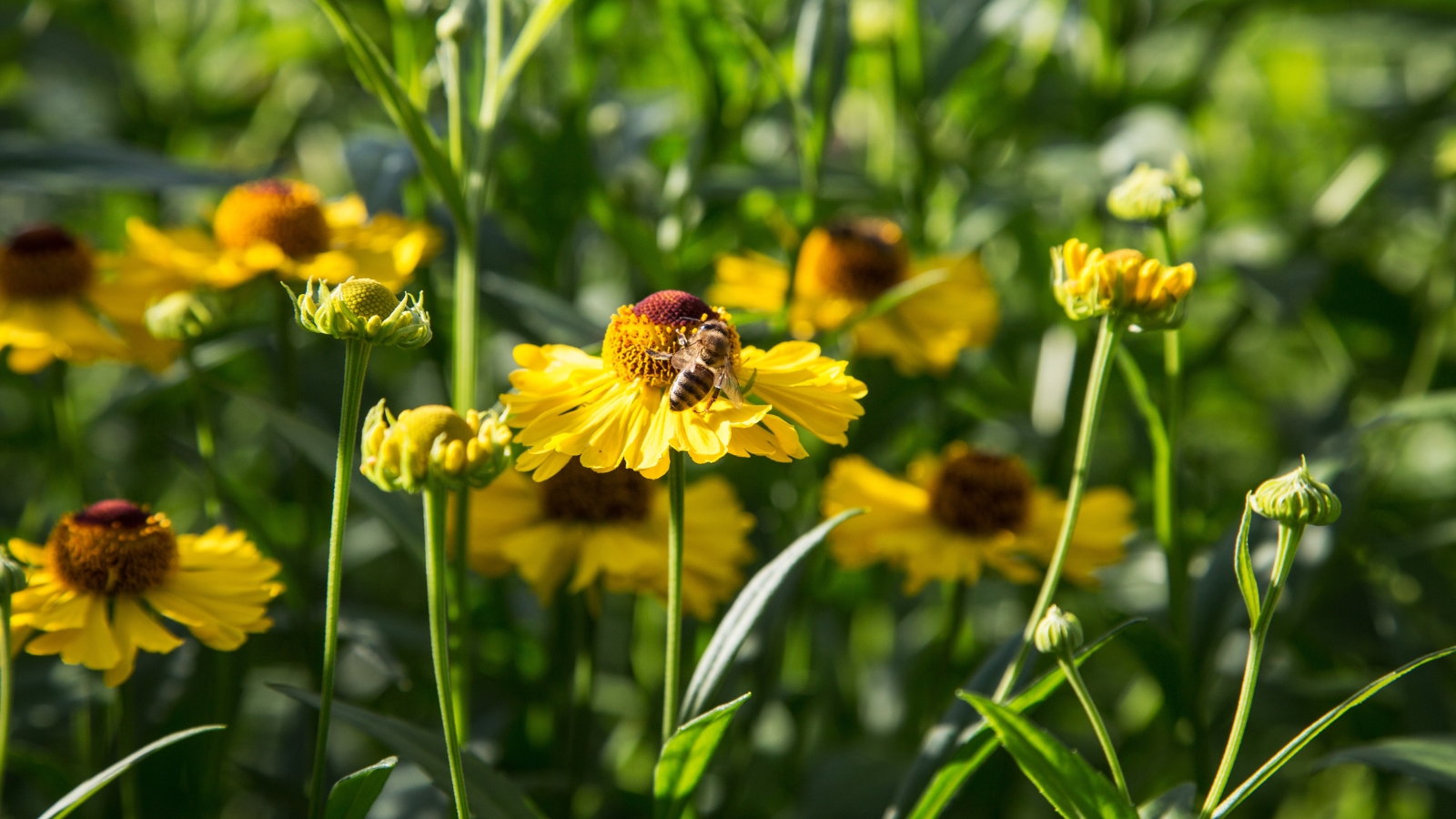

Analysis reveals that insecticides usually tend to be overused or misused by householders. Improper utility, storage, and security measures (which we’ll discover beneath) are main dangers to your loved ones. It’s common data that pesticides are unhealthy, however most gardeners don’t notice how these chemical compounds can truly make pest points worse.
Different issues with pesticides are far too quite a few to elucidate on this article, however you might be most likely already conscious of lots of them. Along with killing insect predators, the most important points with pesticides embrace:
- Killing pollinators like bees and butterflies
- Contaminating soil and water
- Harming aquatic organisms
- Poisonous to non-target vegetation
- Pesticide resistance
- Dangerous to domesticated animals and wildlife
- Vital scientifically-proven hurt to human well being, together with short-term publicity and long-term opposed results like most cancers and neurological illnesses
What To Do As an alternative
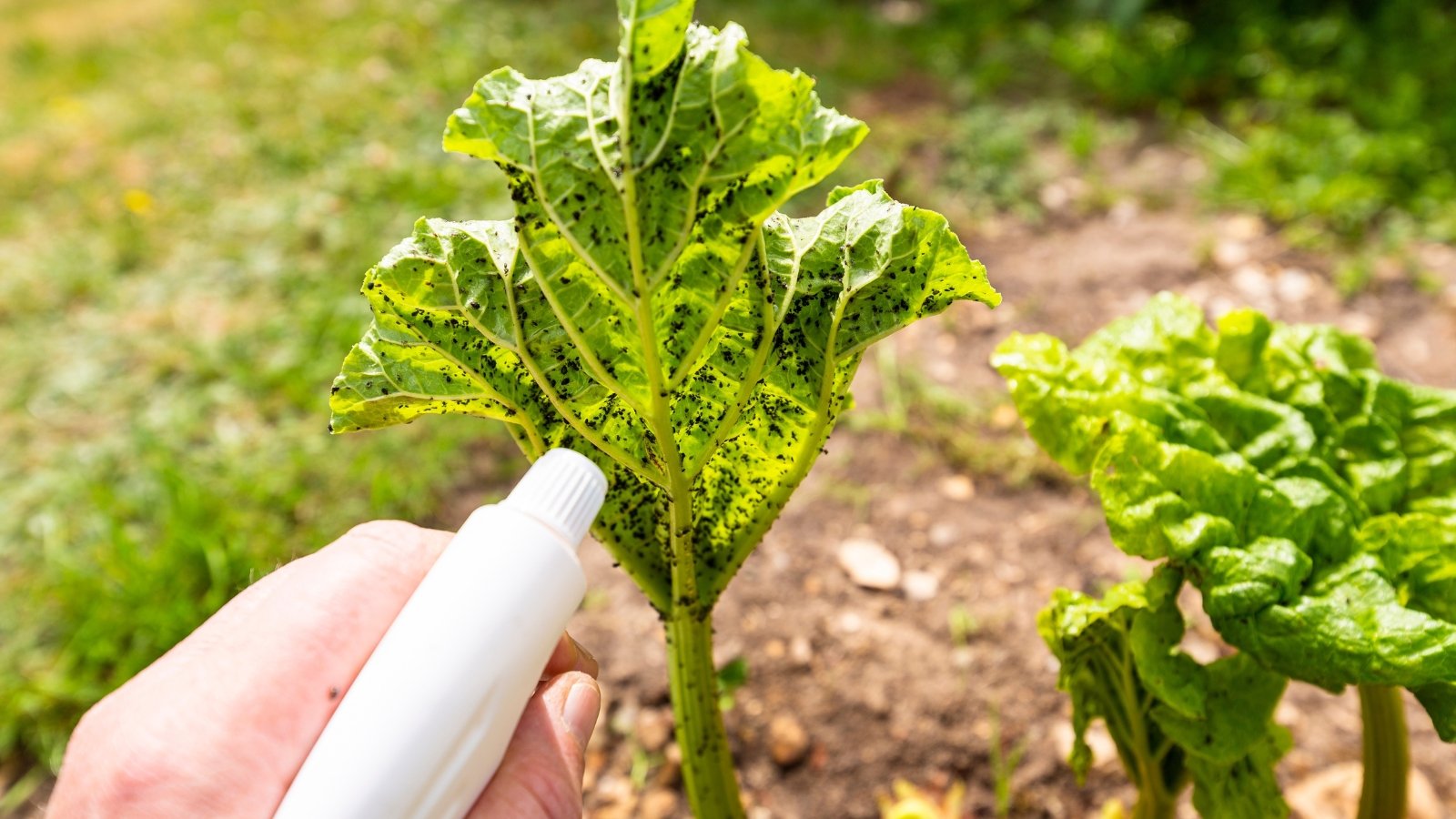

If you wish to cease utilizing chemical sprays, what options can you utilize to knock out a giant pest infestation? Luckily, there are numerous natural and non-toxic choices that gained’t hurt you or helpful critters. As you might be establishing a preventative routine, you should still want to use sure sprays to chop again on pest populations.
The preferred natural spray is neem oil. This organic-approved pesticide is definitely constructed from the seeds and fruit of a tropical tree known as the neem tree. Neem bushes naturally create pest-deterrent compounds (particularly, azadirachtin). These compounds develop into concentrated when pressed into an oil.
Neem oil is the best for controlling:
- Aphids
- Whiteflies
- Spider mites
- Fleas
- Japanese beetles
- Leafhoppers
- Thrips
As a bonus, neem oil helps forestall and kill fungal pathogens to gradual the unfold of illnesses. Furthermore, neem is biodegradable and doesn’t hurt the soil. It could possibly even assist earthworms! When used appropriately, neem doesn’t hurt helpful bugs as soon as it dries. As at all times, you should definitely rigorously learn package deal directions and dilute the oil earlier than making use of.
Horticultural oil is one other compound that may knock out aphids, flea beetles, whiteflies, spider mites, and the larvae of many pests. Oils work by smothering the bugs and stopping them from respiration or metabolizing. Because of this they have to immediately contact the pest to be efficient.
A fogger or spray bottle are nice choices to make sure even distribution of the product. Spray these pure compounds immediately over a pest-infested leaf, taking care to observe particular package deal directions.
Mistake: Rising a Monoculture


Monoculture means planting a ton of the very same crop in a single concentrated space. That is most typical on industrial farms the place 1000’s of acres of corn or soy cowl the panorama. The shortage of biodiversity makes it further straightforward for pests to seek out their host vegetation. It additionally makes it simpler for specialist pests to unfold.
Specialist bugs are these with a essential goal plant or plant household. For instance, tomato hornworms primarily assault tomatoes, however they will additionally assault nightshade household cousins like peppers and tobacco. In the event you develop an enormous clump of tomatoes and their kinfolk in a concentrated space, it’s simpler for the five-spotted hawk moth (the grownup stage of the tomato hornworm) to seek out vegetation to put its eggs.
Monoculture additionally occurs with particular kinds of vegetation. For instance, when you solely develop one kind of kale, there’s much less variety within the plot. This enables pests to unfold sooner. Aphids quickly leap between vegetation and conceal within the curly leaves of curly kale varieties. A combined kale mattress of ‘Crimson Russian,’ ‘Siberian,’ and ‘Nero Toscana Lacinato’ is much less prone to be infested as a result of there’s a variety of genetics and plant defenses.
What To Do As an alternative
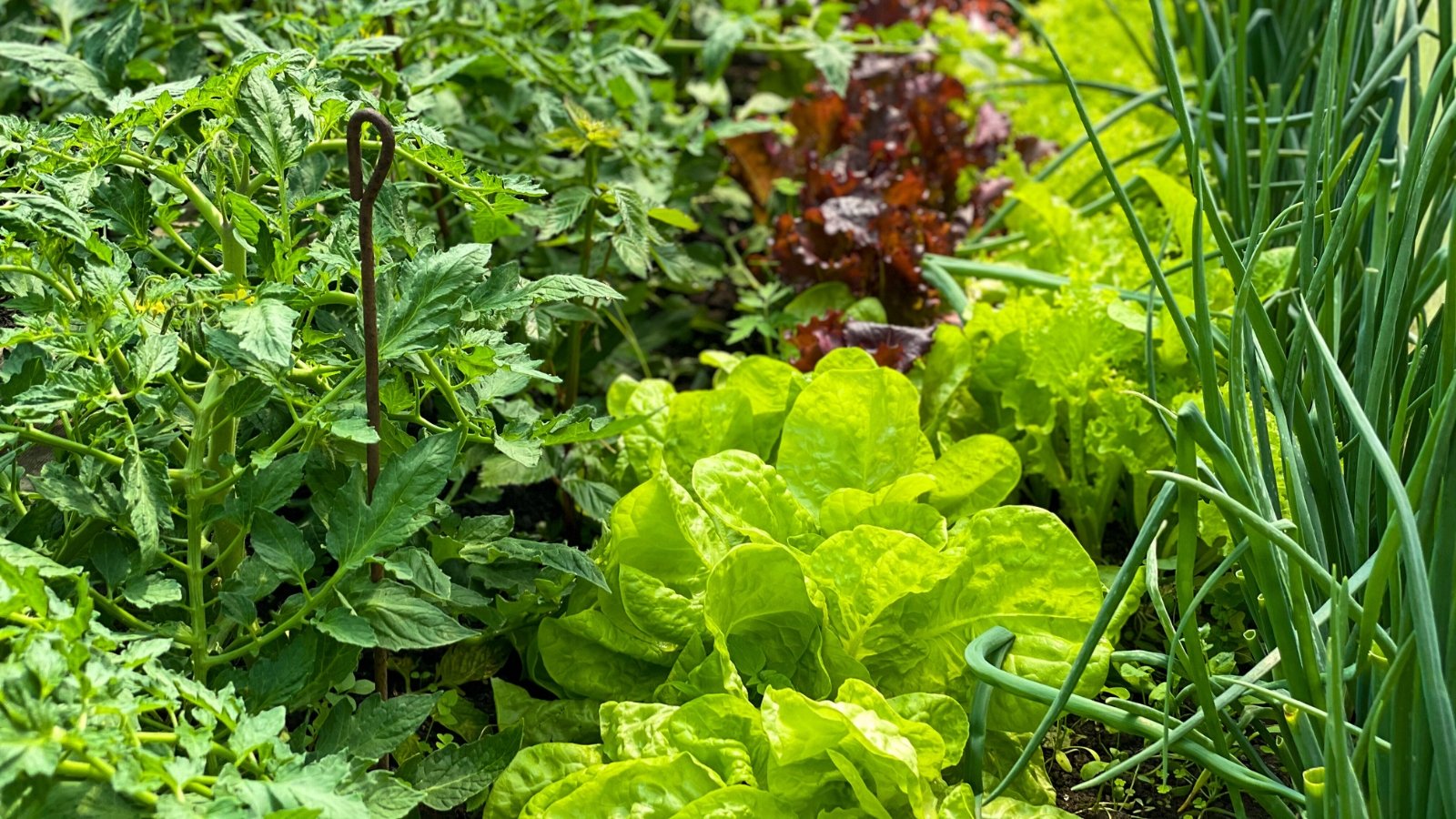

Diversified plantings are confirmed to be extra resilient in opposition to pests and illnesses. Think about that you’re a Colorado potato beetle flying over a backyard. If there’s a large space of dozens of potato vegetation, it will likely be very straightforward to odor them, land on them, and begin consuming. In distinction, the beetles might have extra problem discovering their host in a diversified backyard interspersed with a number of greens and flowers.
To diversify, begin practising companion planting or interplanting. This follow entails strategically planting many various kinds of vegetation in the identical beds. Past pest management, it additionally has many advantages, like saving house, enhancing pollination, and bettering total yields.
Don’t fear; you’ll be able to nonetheless maintain vegetation collectively to make harvesting straightforward. For instance, chances are you’ll develop a row of lettuce subsequent to a row of tomatoes. The dappled shade of the tomatoes can shield the lettuce from bolting, and the lettuce gained’t compete with the tomatoes. Each crops will nonetheless be straightforward to effectively harvest, however they are going to be much less vulnerable to pest infestations as a result of the variety of smells and genetics deters bugs.
Higher but, add in some marigolds or white alyssum to spice up pure predatory pest management!
Mistake: Relying Solely on Sprays


Pesticides—even natural sprays—should not the one reply to your pest woes. It’s a large mistake to rely solely on these merchandise to knock out bugs. As we mentioned above, bugs can simply develop into proof against sprays which are utilized again and again. This even contains natural sprays!
A various toolbox is essential to staying on prime of pest populations! That is the one possible way for people to outsmart pests. The bugs will discover any method they will to eat their favourite meals. However gardeners can use intelligent strategies to suppress, deter, and exclude the bugs from their host vegetation.
What To Do As an alternative
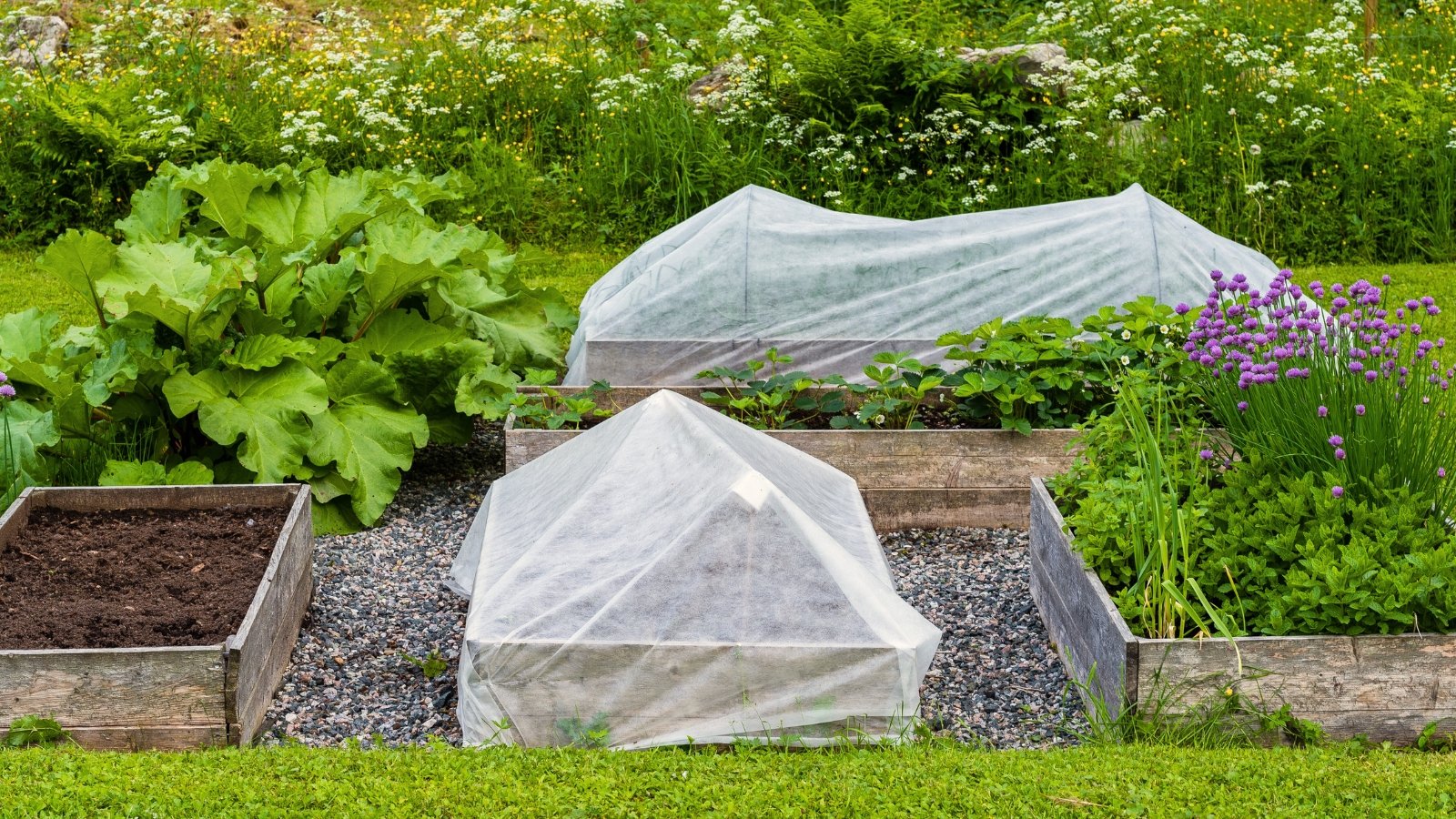

Bodily obstacles are extremely efficient non-chemical technique of pest management. Row cloth (aka row cowl) is an agricultural textile that retains pests out whereas enhancing crop development. Water and daylight can nonetheless penetrate by the woven textile. Higher but, the row cowl helps maintain younger seedlings cozy and heat by spring nights. It is a essential instrument utilized by natural farmers but underutilized in dwelling gardens.
Row cowl is my favourite technique of pest prevention for younger brassicas like turnips, arugula, and radishes. After immediately seeding these crops, instantly put a row cowl over them. The seeds will germinate rapidly and profit from extra even moisture below the material.
You possibly can “float” row cloth immediately over a crop. This implies it rests on prime of the leaves. Alternatively, you’ll be able to construct low tunnel hoops with wire, steel, or PVC. The material must be secured with easy (not sharp) objects like sandbags, rocks, or clamps. It’s possible you’ll must take away row cloth after sure crops like zucchini or tomatoes get bigger and begin flowering. Pollinators can’t entry the blossoms beneath row cowl.
Insect netting is one other dependable choice. Some high quality nets maintain even the smallest thrips and flying bugs out of your beds.
Understand that bodily obstacles solely work on flying pests. Deterrents for soil-dwelling pests embrace:
Dry powder sprinkled round vegetation to dehydrate slugs and snails.
Natural manufacturers use pellets to bait and kill slugs.
One other standard slug baiting methodology makes use of a tupperware stuffed with low-cost beer and buried at floor degree so the slugs fall in and drown.
Interplanting with marigolds suppresses root-knot nematodes of their second season.
Plant protectors product of cardboard or plastic can shield the bottom of younger vegetation from cutworms.
Mistake: Making use of Sprays Noon
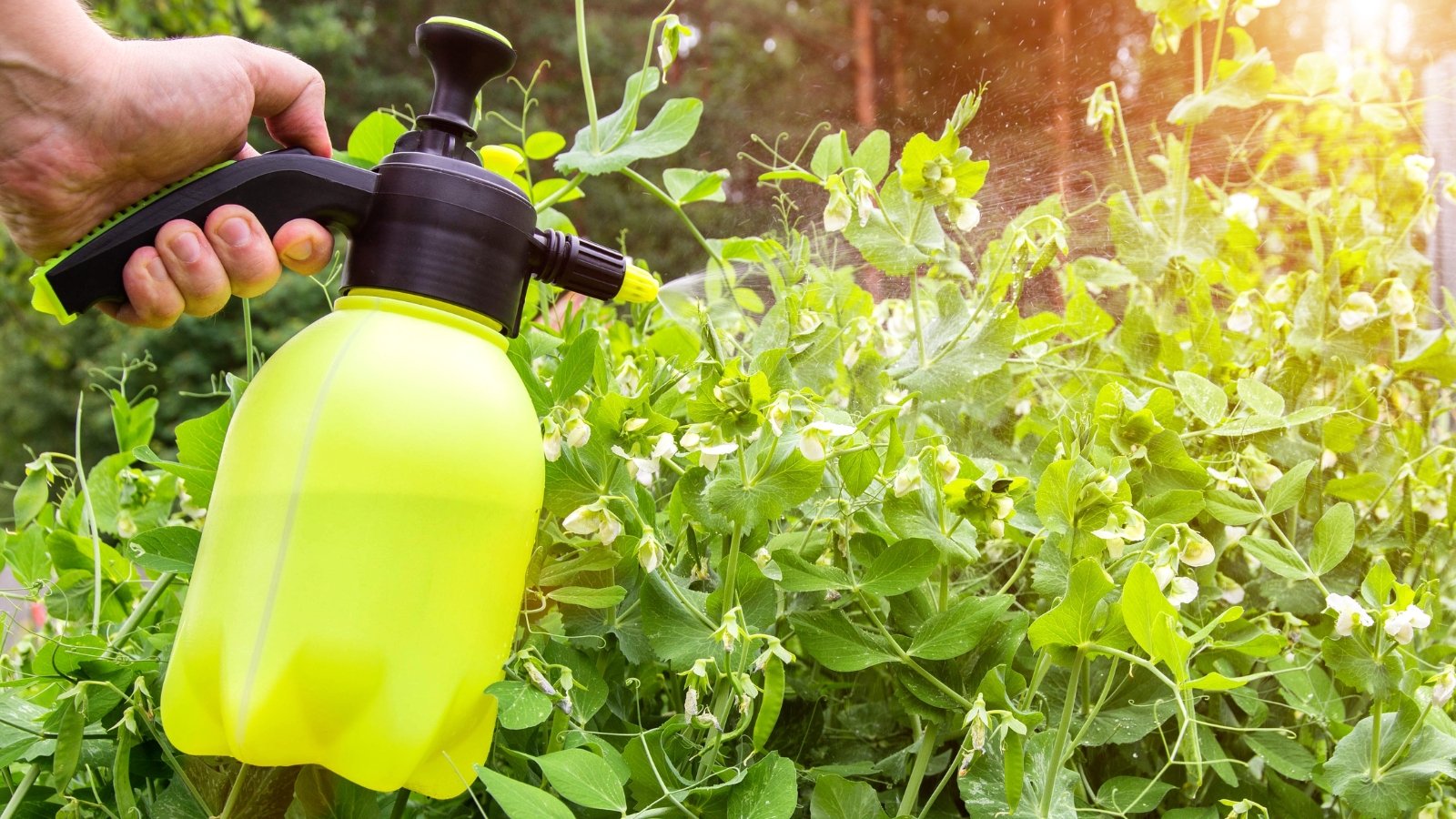

If you’ll use pesticides or natural sprays, it is important that you simply apply them on the proper time. Many gardeners mistakenly spray chemical compounds in the course of the day. This will scorch plant leaves and expose necessary helpful bugs to the compounds.
Bees, butterflies, and different pollinators are most energetic when the solar is out. In the event you apply a pesticide within the afternoon, it’s extra prone to hurt the “good man” bugs that you simply’re attempting to guard. Many chemical compounds additionally develop into much less efficient in scorching, sunny climate.
What To Do As an alternative


At all times observe package deal utility directions. Many merchandise needs to be utilized within the cooler components of the day, similar to early morning or late within the night. This will likely be useful for focusing on nocturnal pests whereas avoiding hurt to the valuable pollinators.
Mistake: Making use of Pest Management With out Protecting Tools
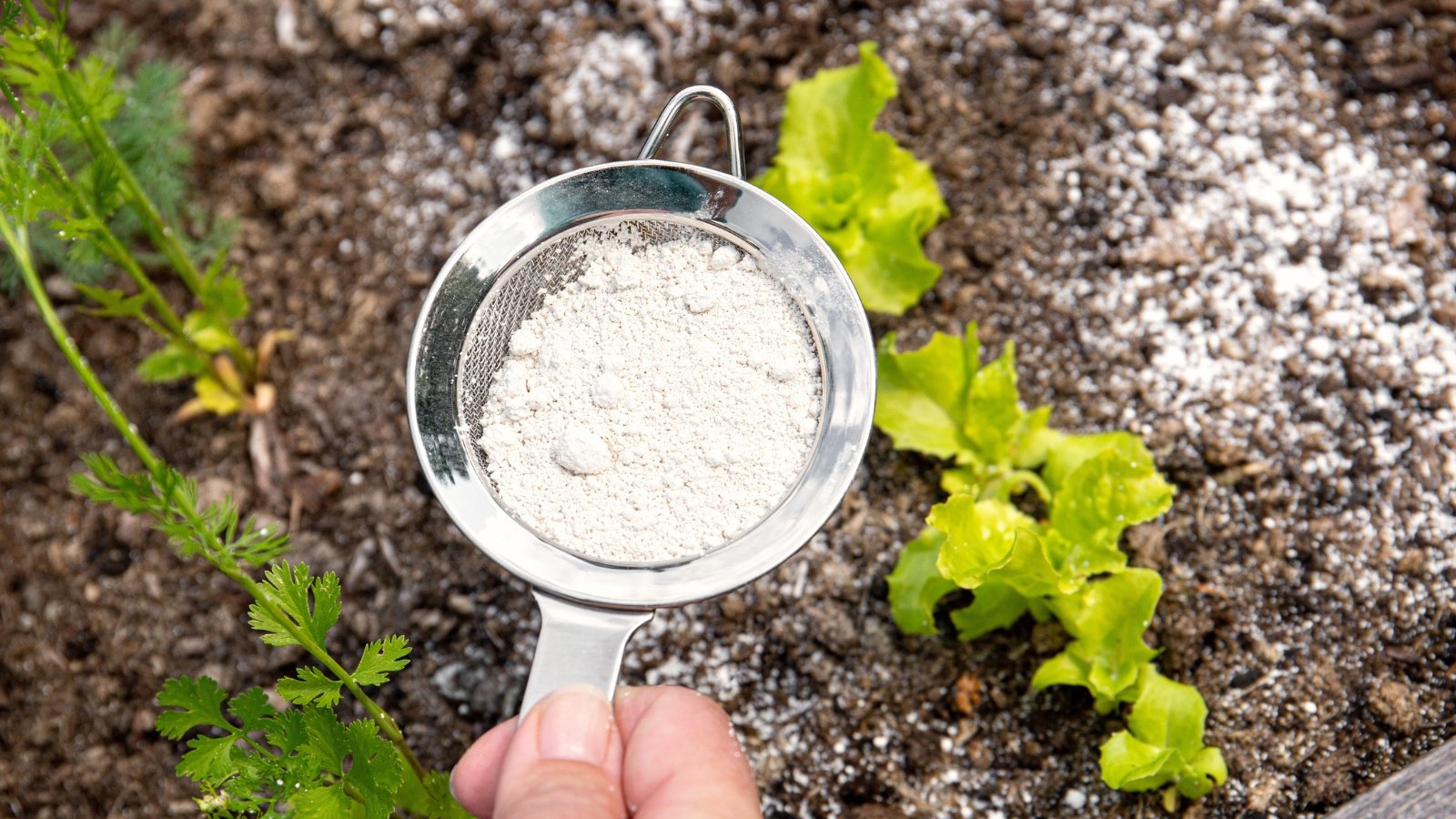

Something that may kill bugs can clearly impact human well being. We’re all a part of nature! Not all pesticides are as carcinogenic and poisonous as notorious chemical compounds like DDT or Agent Orange. However it is vitally necessary to guard your self and your loved ones when you resolve to use any kind of pest management product to your backyard.
Owners are probably the most vulnerable to pesticide poisoning as a result of they don’t obtain the coaching {of professional} applicators and farmers. Furthermore, analysis reveals that many householders don’t completely learn labels and have a tendency to make use of merchandise in additional concentrated varieties with out dilution. We at all times need our Epic household to be cautious when making use of something to the backyard!
Even all-natural merchandise pose minor well being dangers. For instance, diatomaceous earth is a benign, non-toxic materials product of historic fossilized algae. Nonetheless, the powdered type of diatomaceous earth can nonetheless be dangerous to inhale. You don’t wish to dump a bunch of this powder in your vegetation and by chance inhale the microscopically sharp particles.
What To Do As an alternative
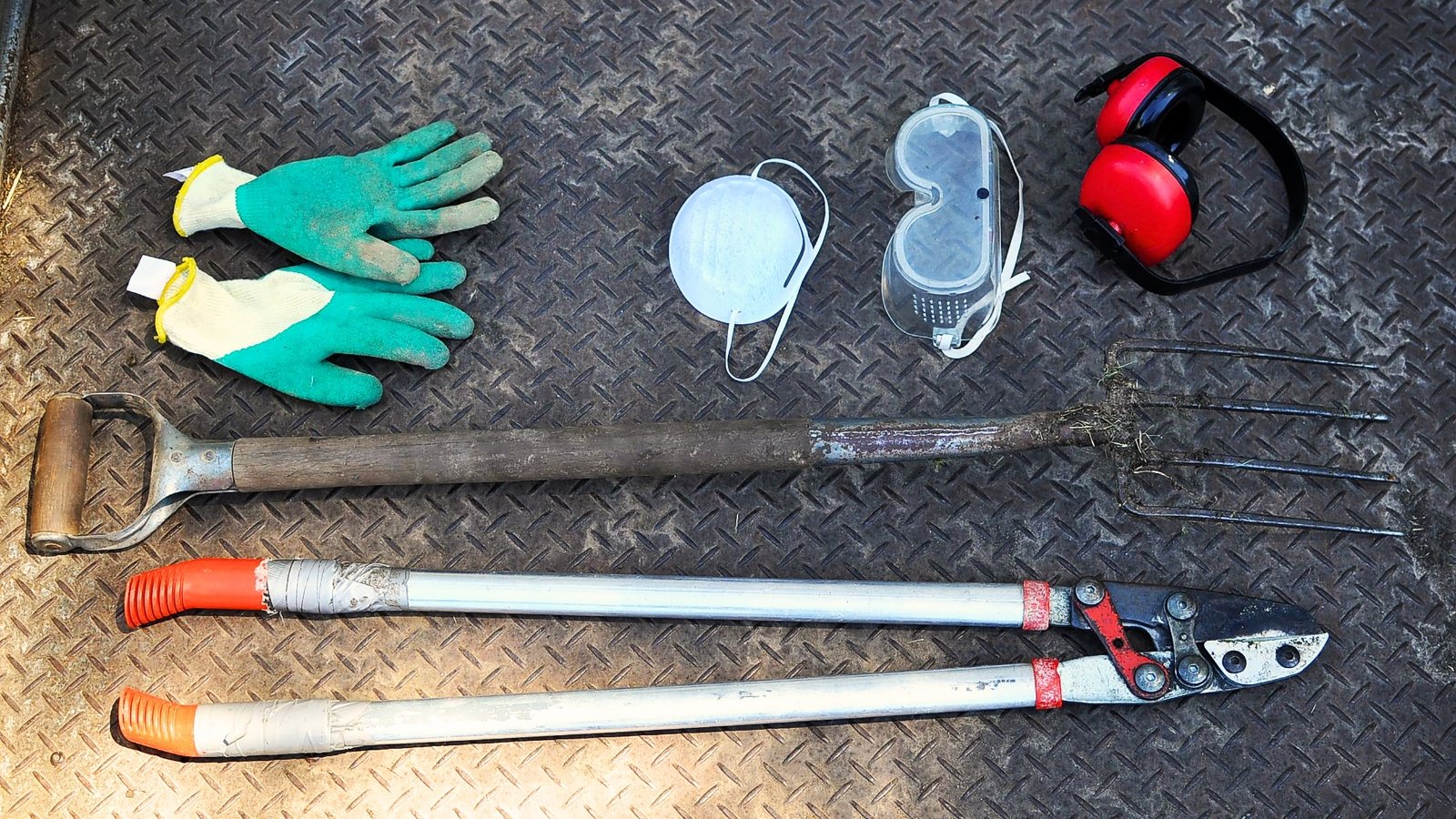

At all times have PPE (private protecting gear) readily available. A typical N95 face masks and gloves are useful, and goggles or lengthy sleeves are essential for some merchandise. Attempt to keep away from making use of chemical compounds every time potential. Be sure you maintain kids and pets out of the realm for 24-48+ hours after making use of something with dangerous elements.
It’s also extraordinarily necessary to clean your crops earlier than consuming. In the event you apply Bt or neem oil to your kale leaves, it would be best to wash them earlier than consuming. These merchandise should not thought of poisonous to people in small portions, however you continue to don’t wish to eat them. Neem oil additionally smells fairly funky.
I’ll reiterate: Natural merchandise should not almost as dangerous as artificial chemical pesticides. Nonetheless, they will nonetheless pose dangers when used or utilized improperly. At all times learn the label and take precautions. In the event you don’t wish to use scary merchandise, go for organic controls and handbook methods! Gardening needs to be enjoyable, not harmful!
Closing Ideas
Even probably the most skilled gardeners generally make pest management errors. The purpose of natural rising is to maximise ecological pest management so we don’t have to make use of artificial chemical compounds. This begins with preventative measures like crop planning, diversification, pest monitoring, plant removing, and bodily obstacles. You can too plant flowers like white alyssum and marigolds to draw helpful predatory bugs and deter “unhealthy man” pests.
It’s important to keep away from broad-spectrum pesticides and chemical compounds that upset the pure ecology of your backyard. These sprays may cause extra hurt than good.
Most significantly, at all times shield your loved ones’s well being when utilizing any type of pest management. Do not forget that even pure merchandise have dangers. Observe product directions, dilute when essential, and use protecting gear when making use of pesticides.
[ad_2]
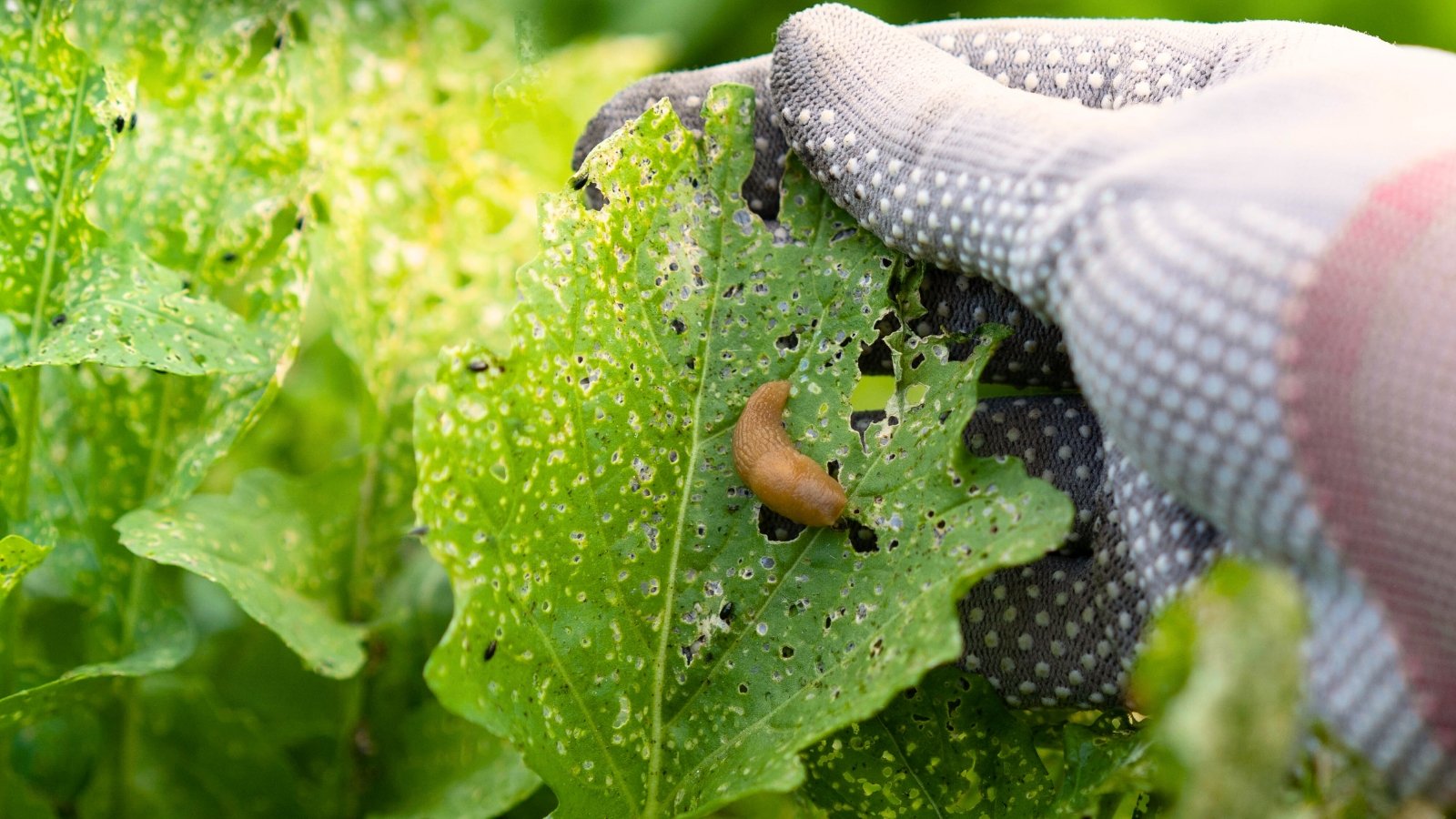

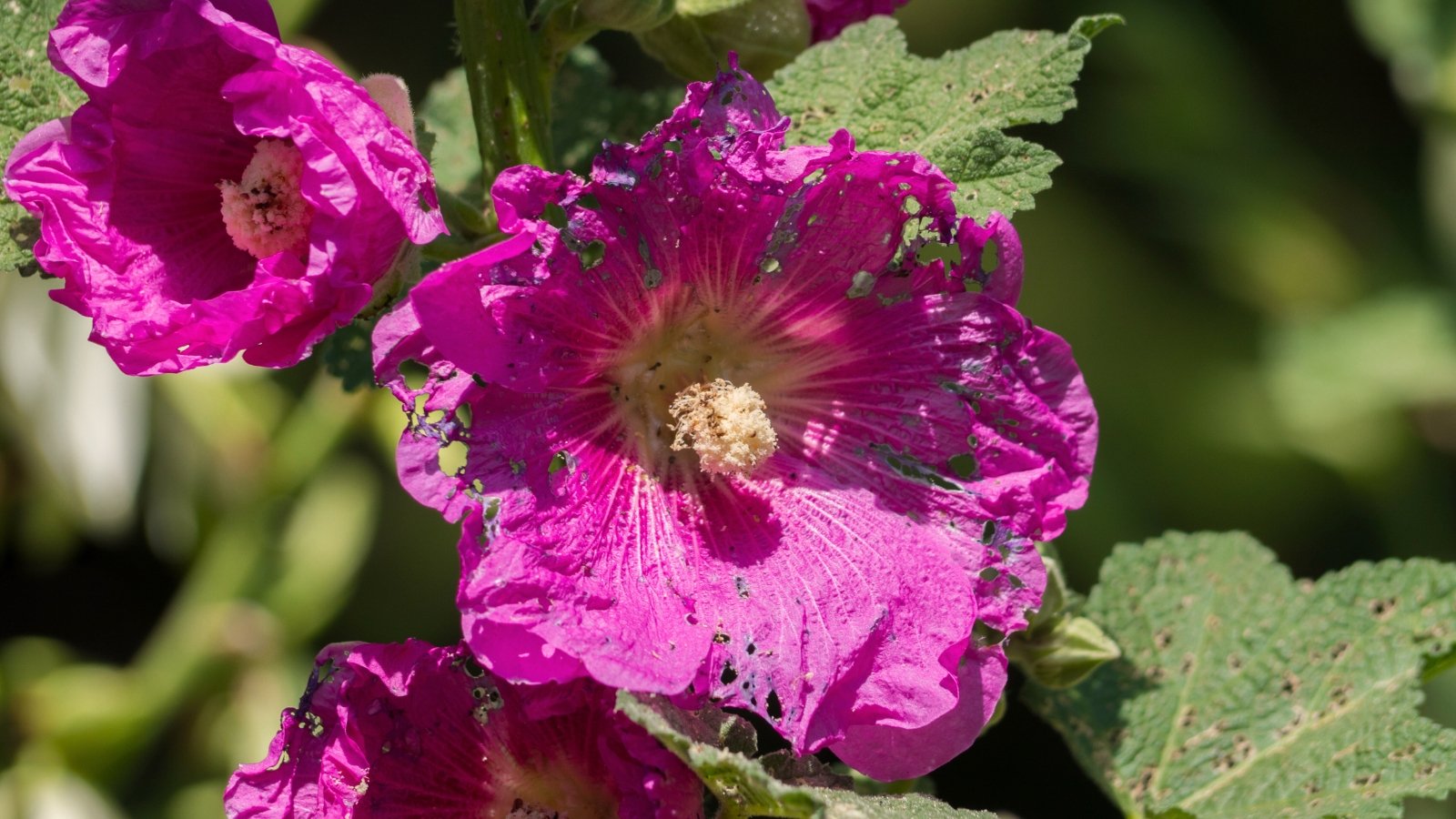
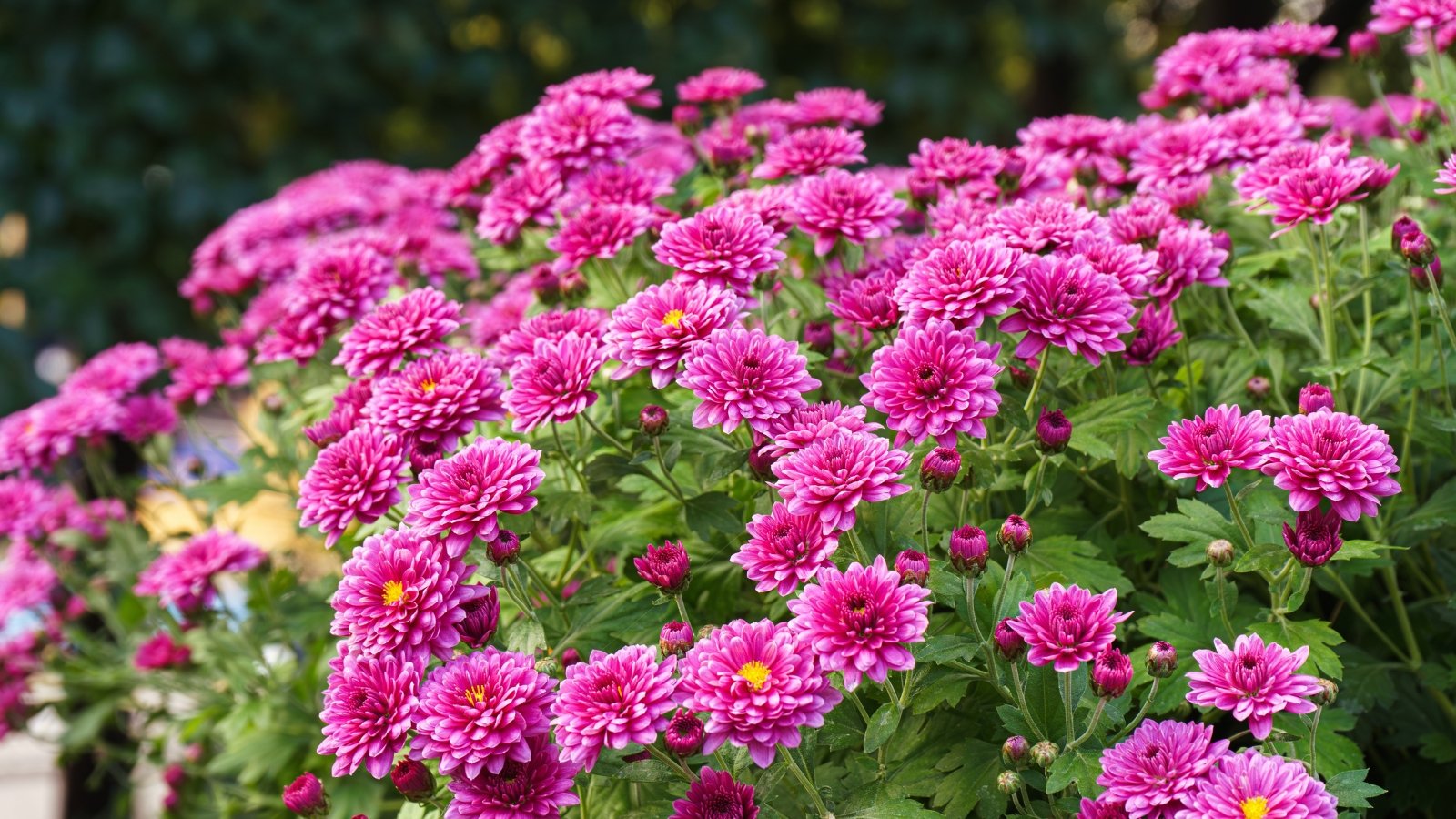
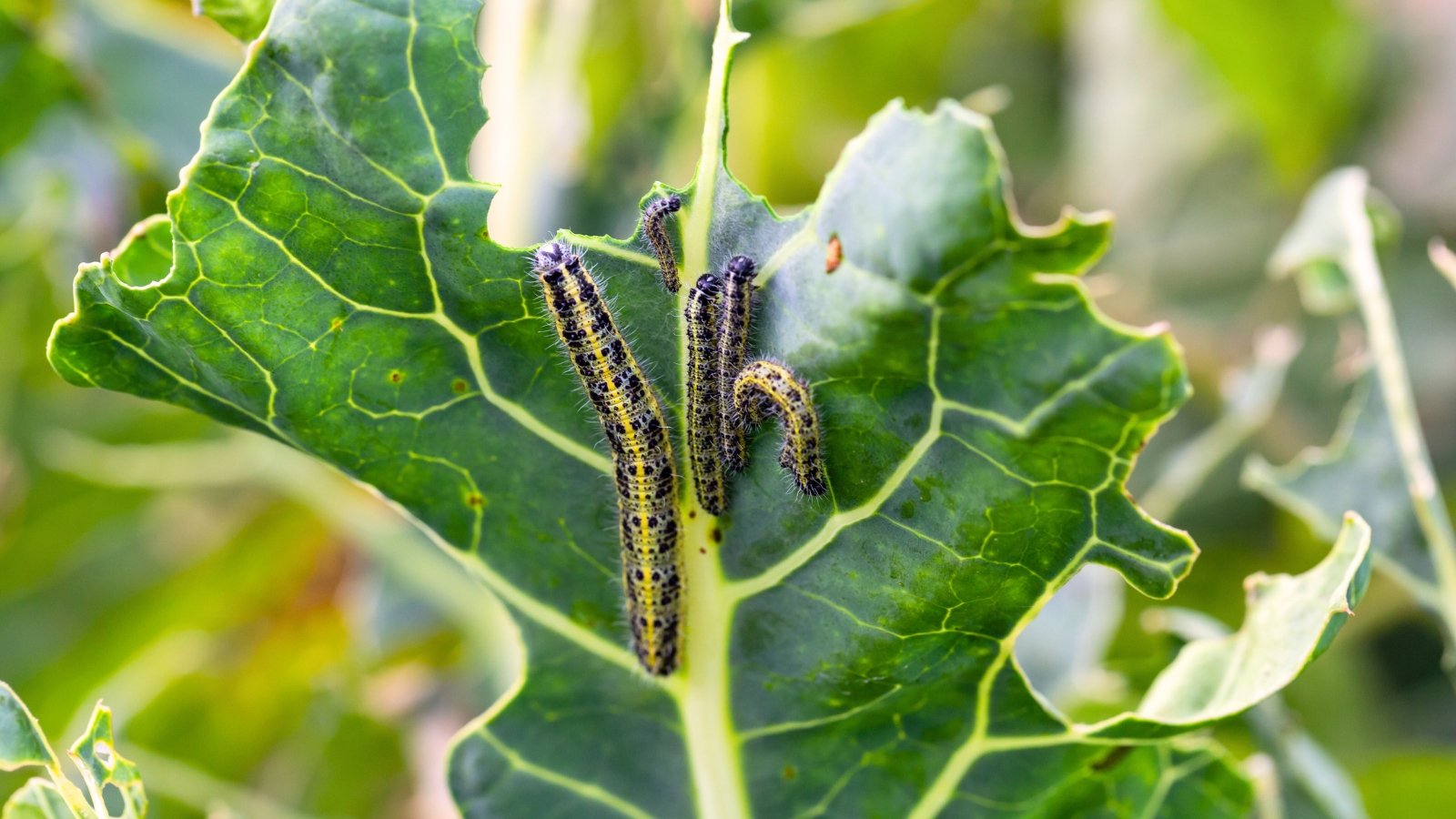
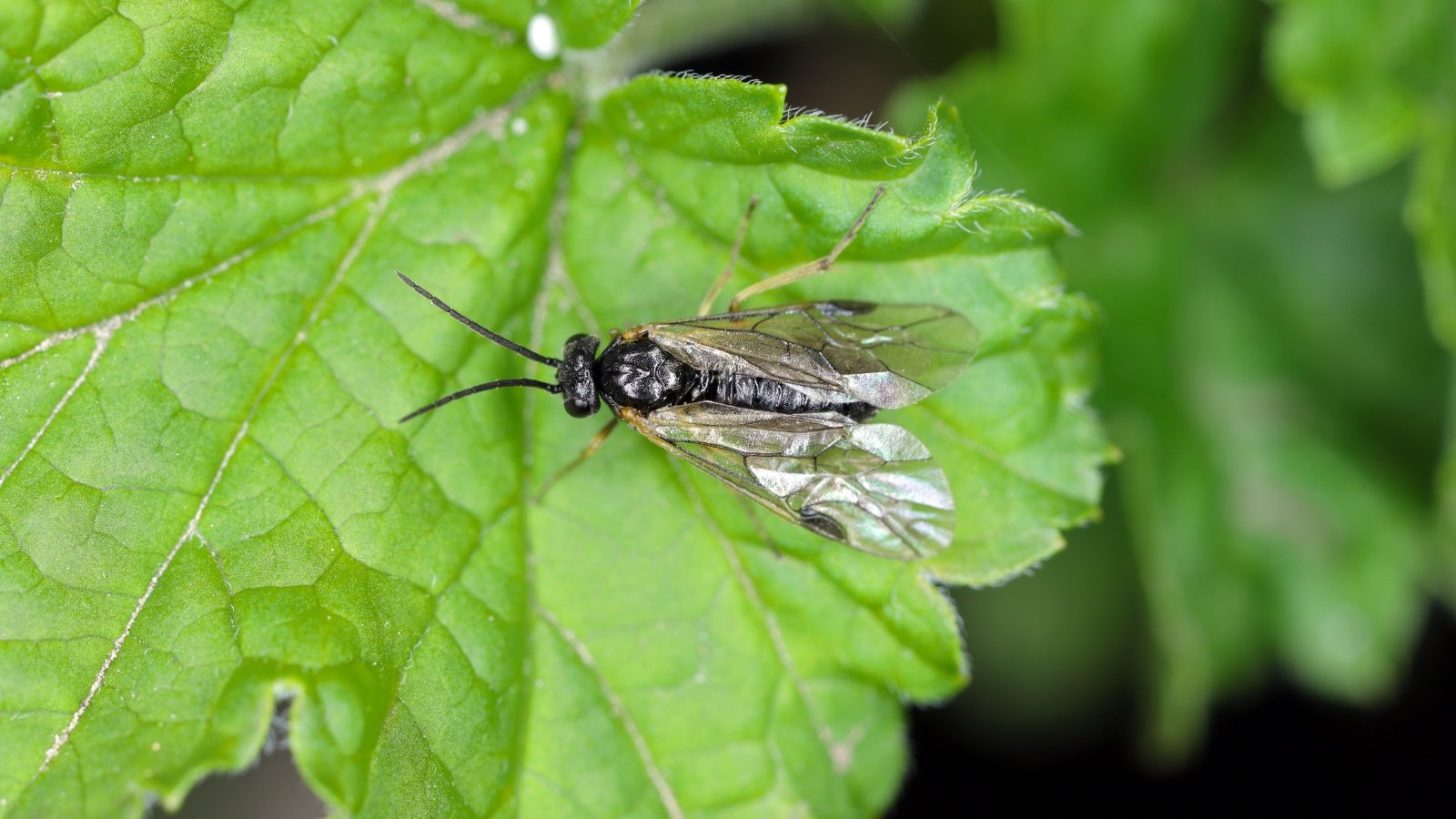

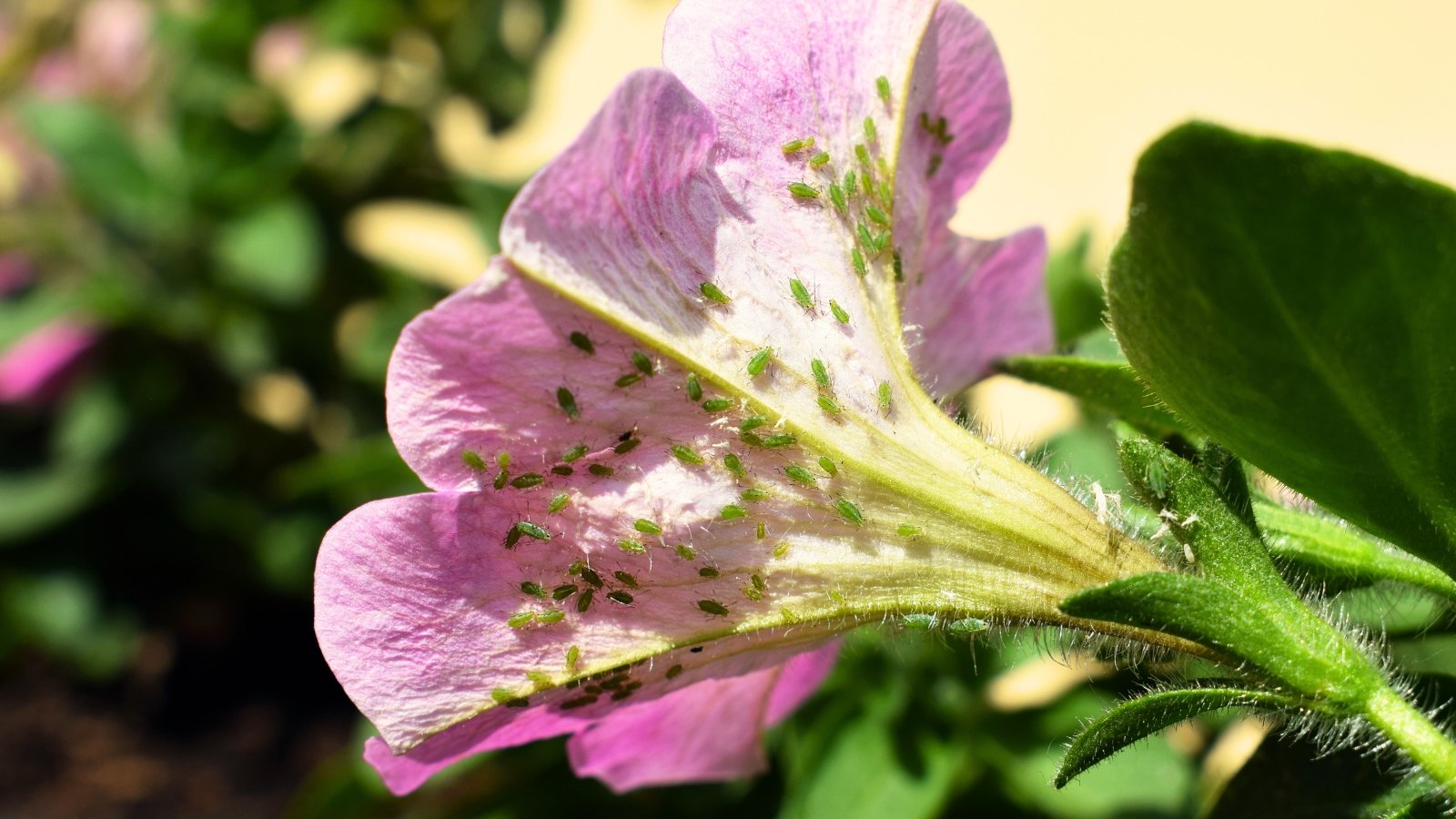

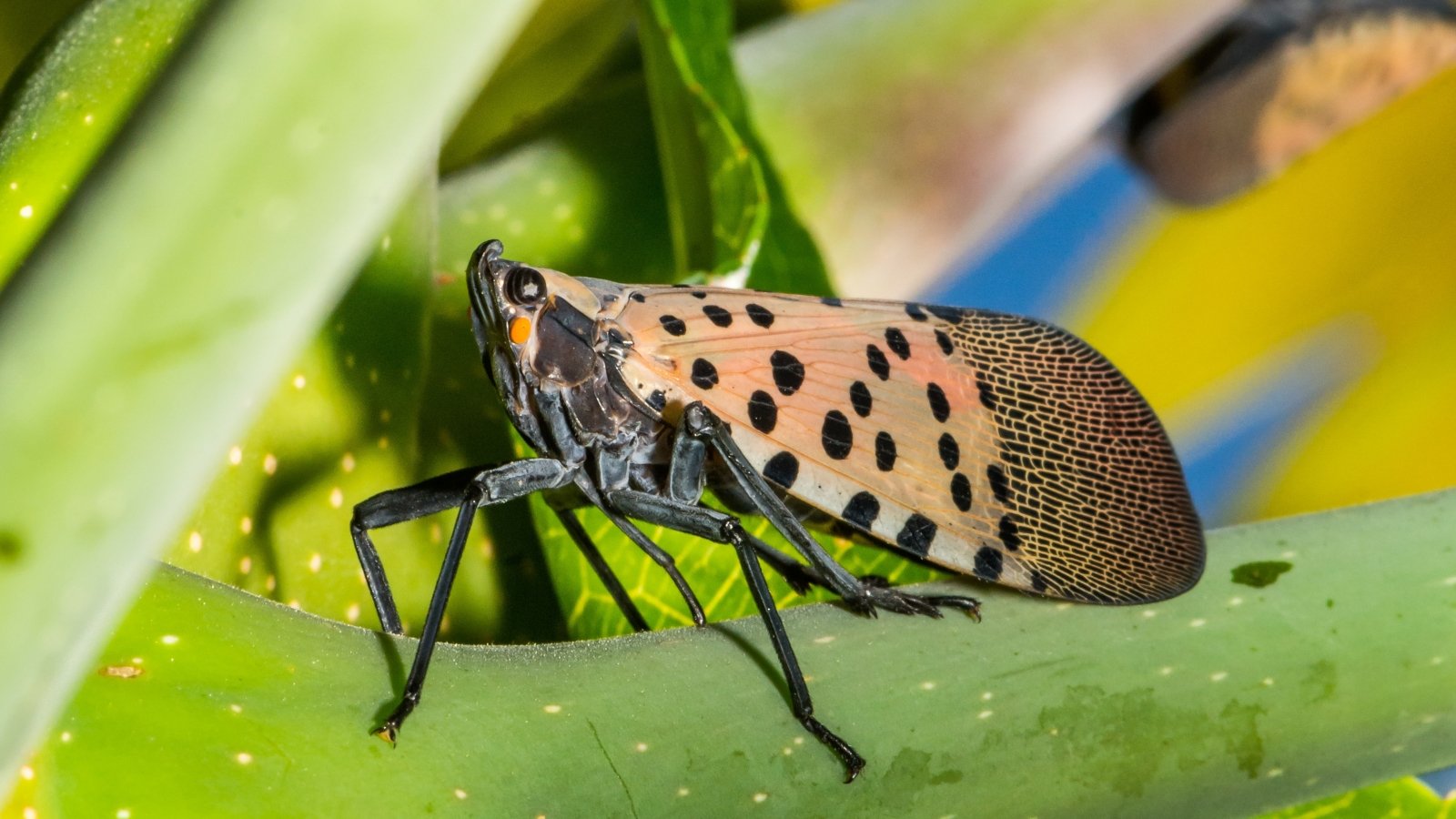
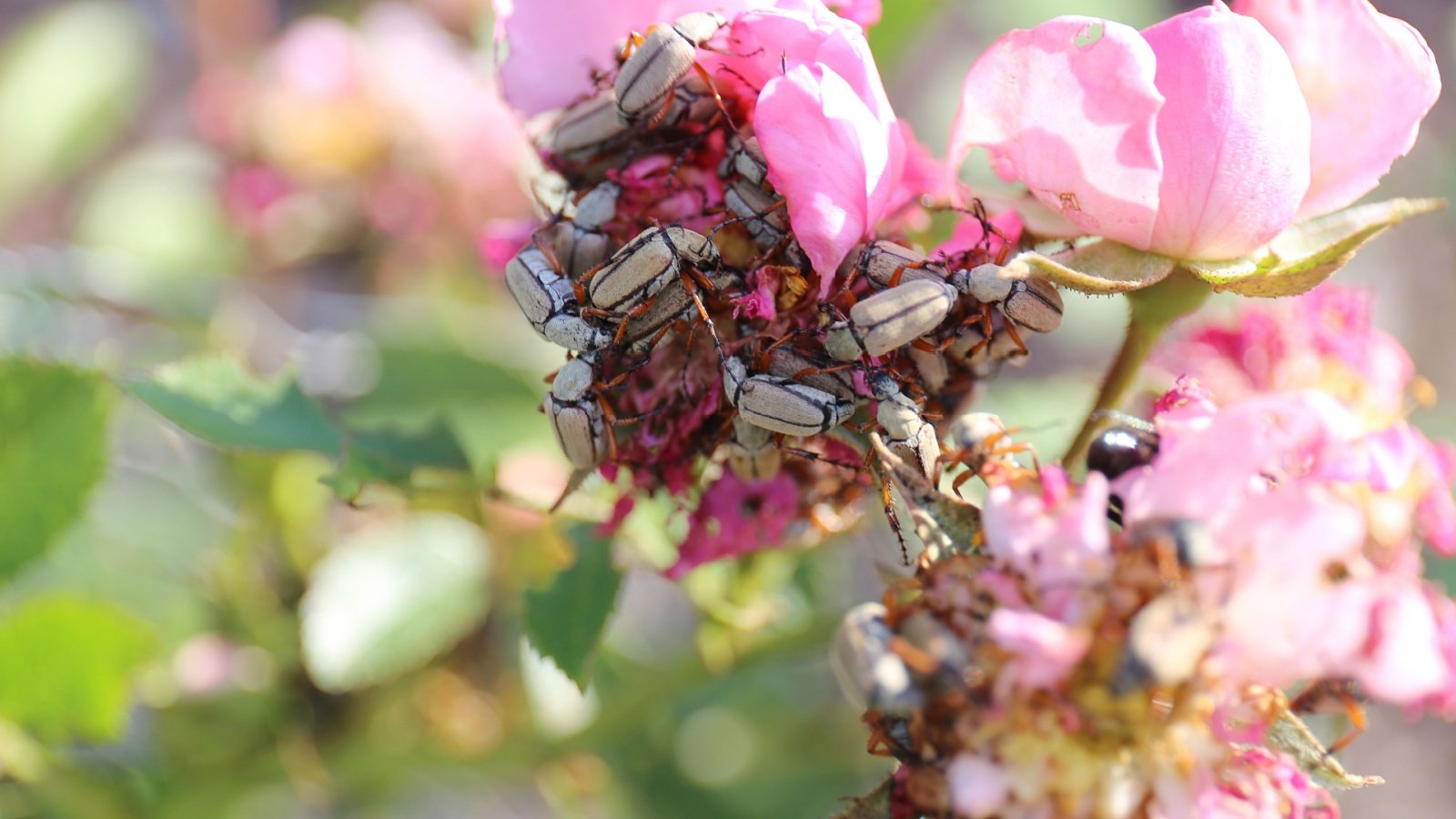
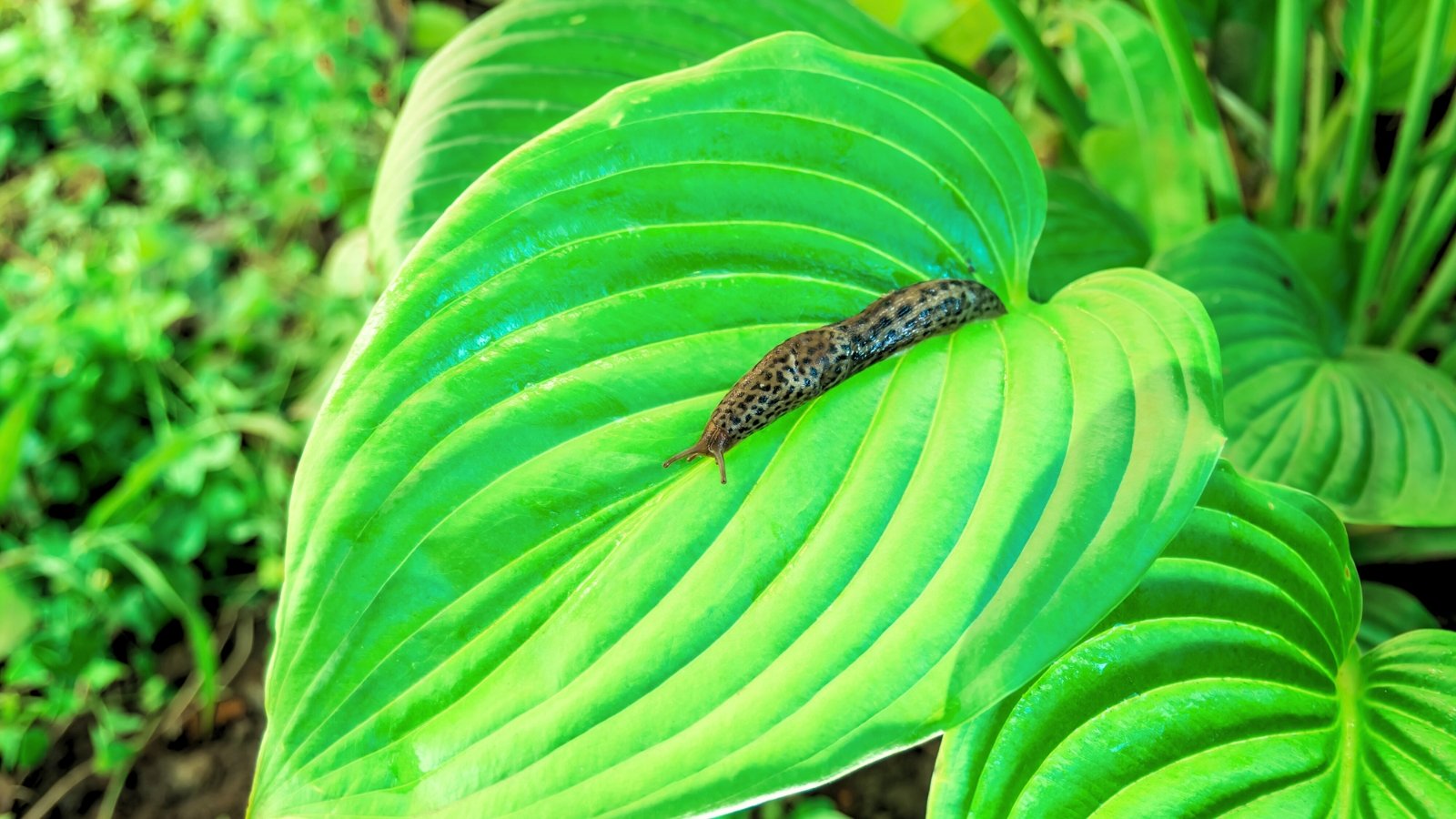
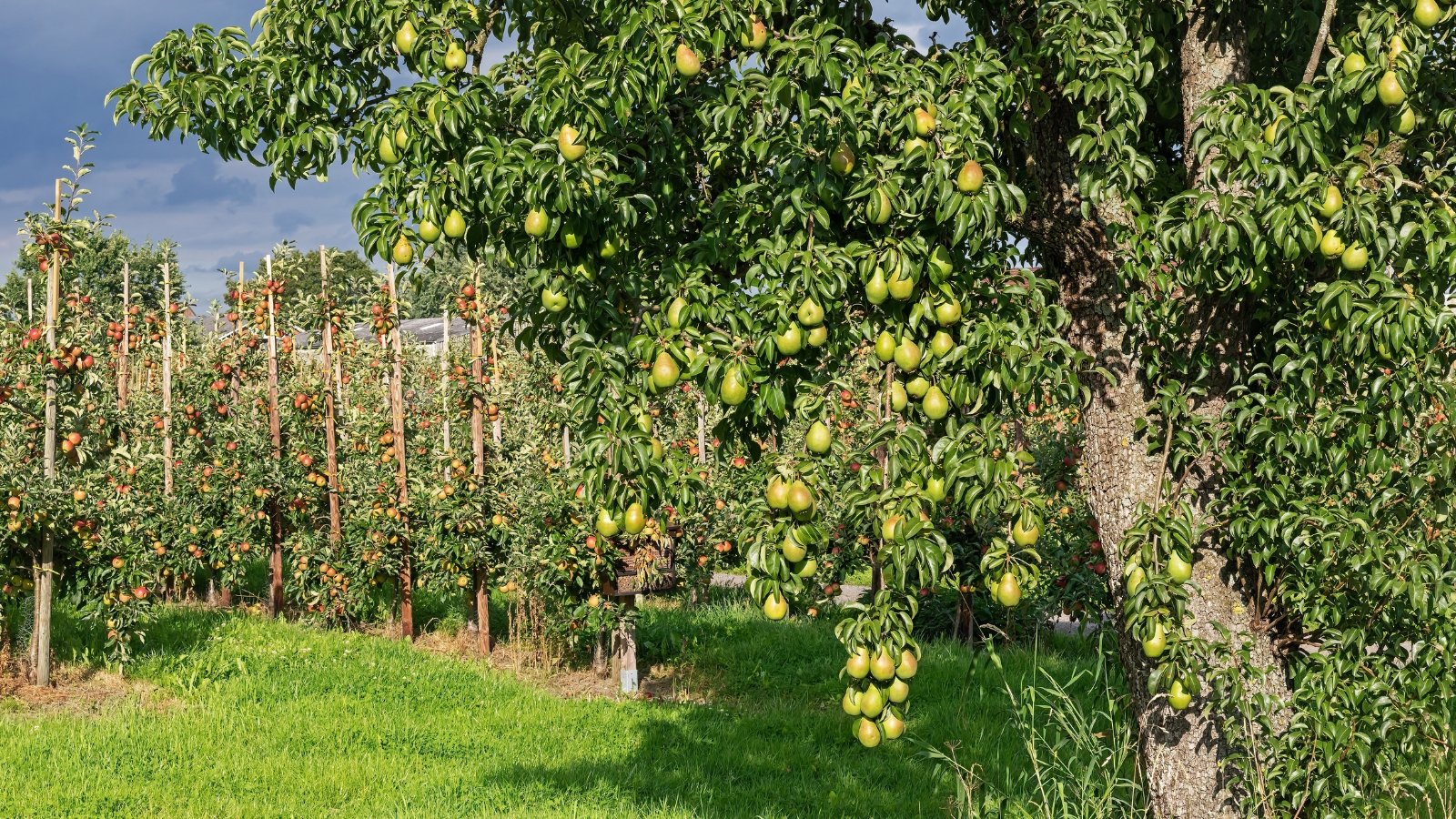
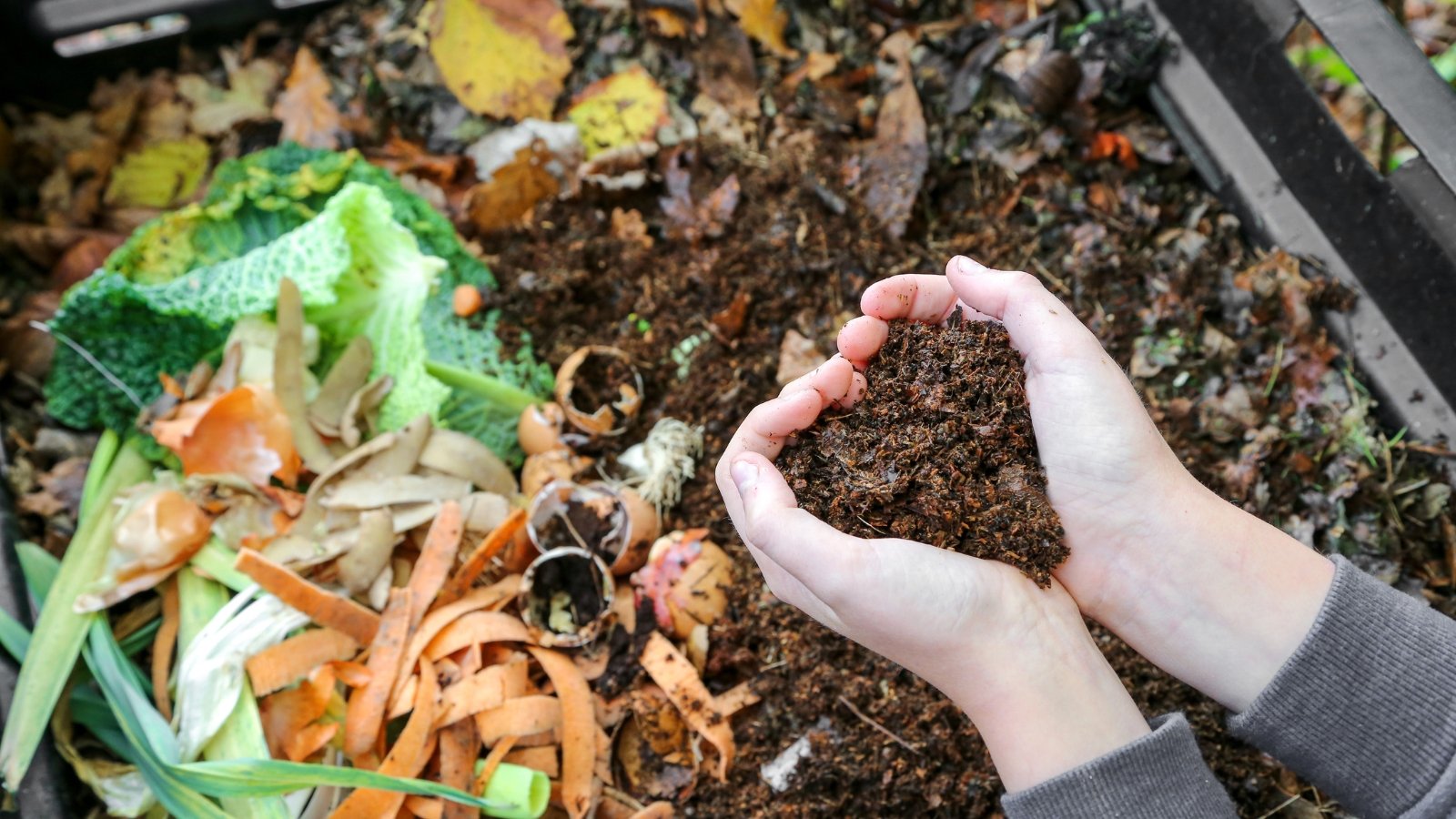
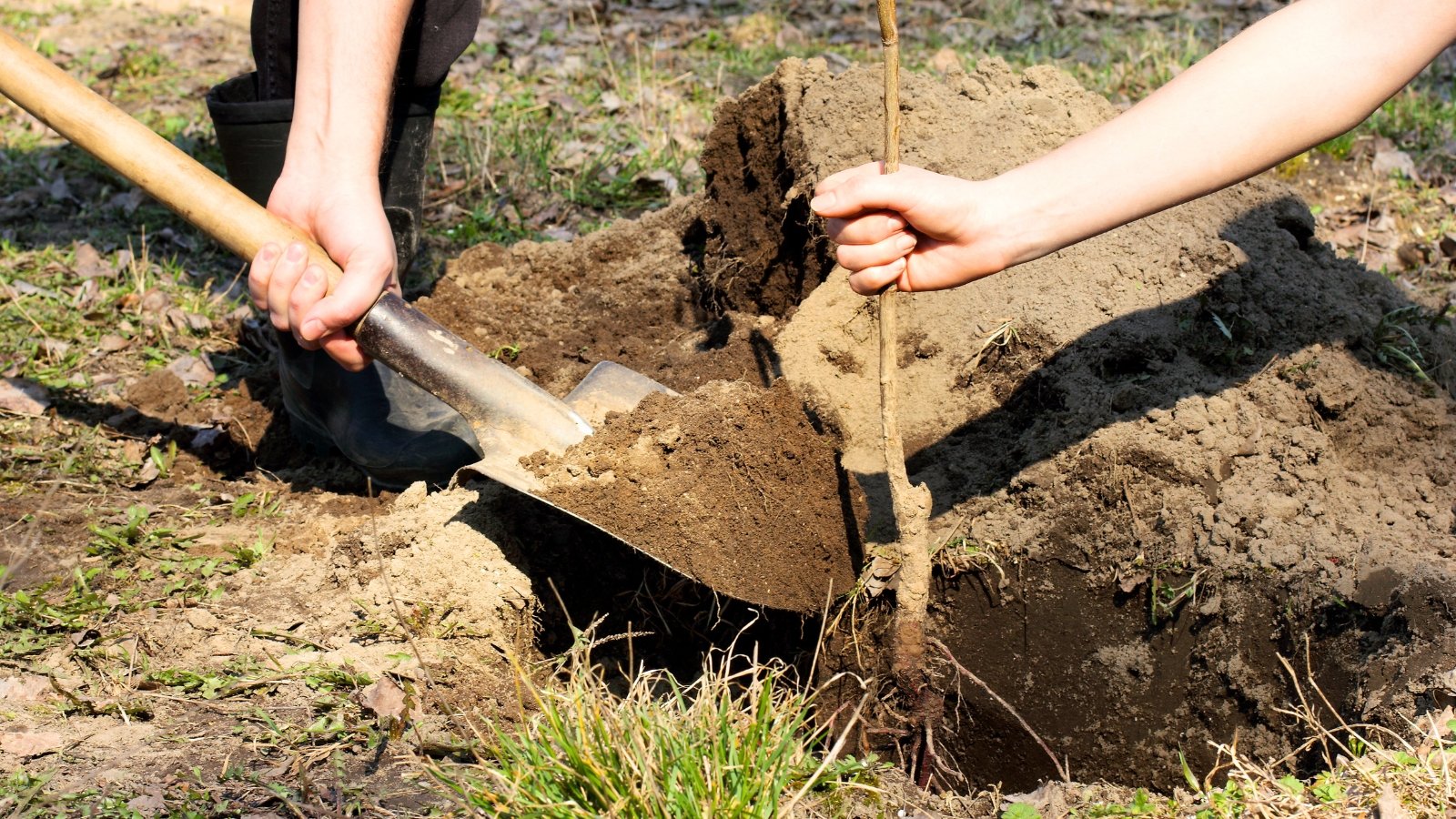
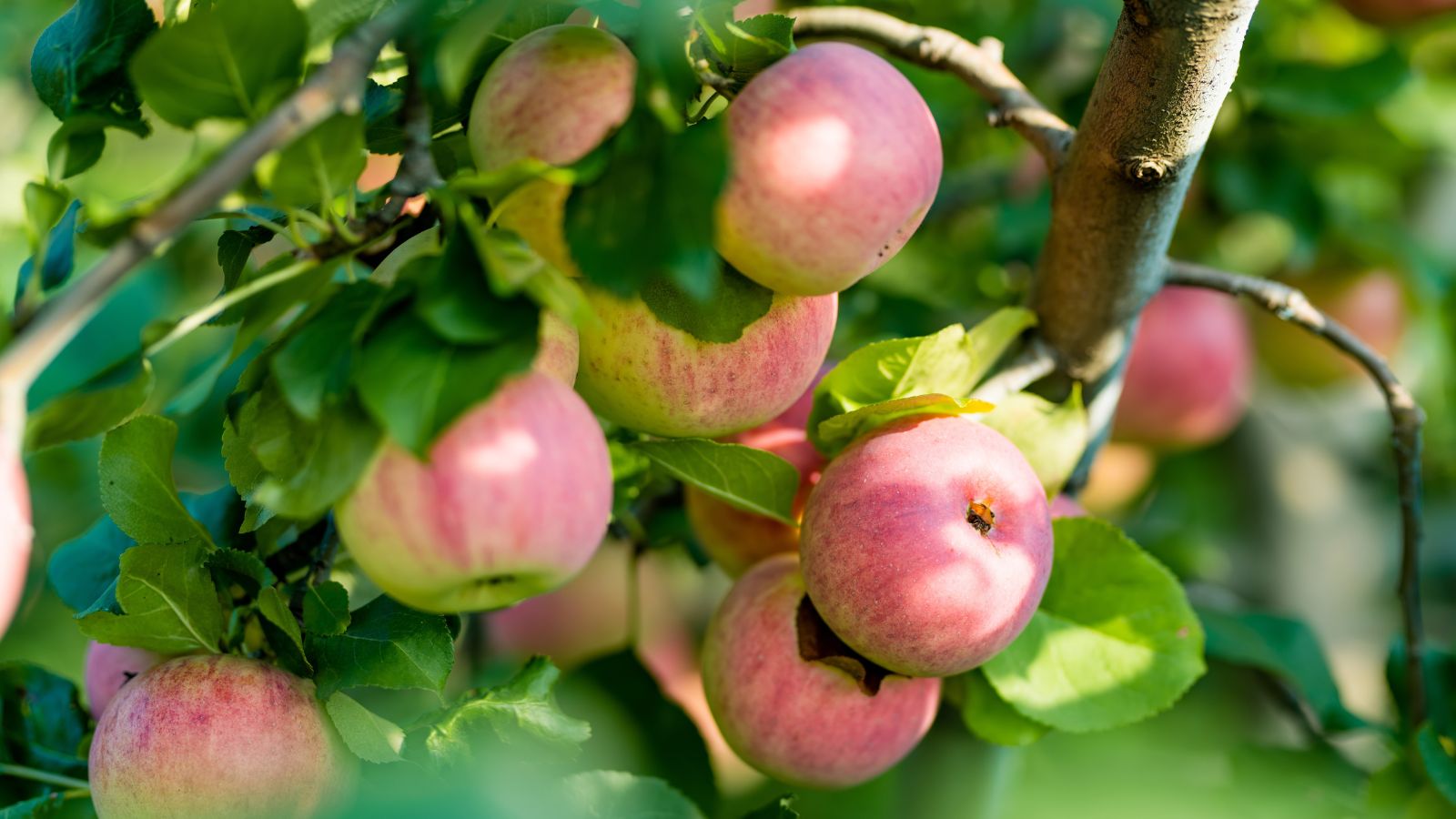
WhimsicalWendy
The section about common mistakes in pest management was quite eye-opening. It’s easy to fall into reactive habits, but this article encourages us to adopt more thoughtful approaches that can lead to better gardening outcomes.